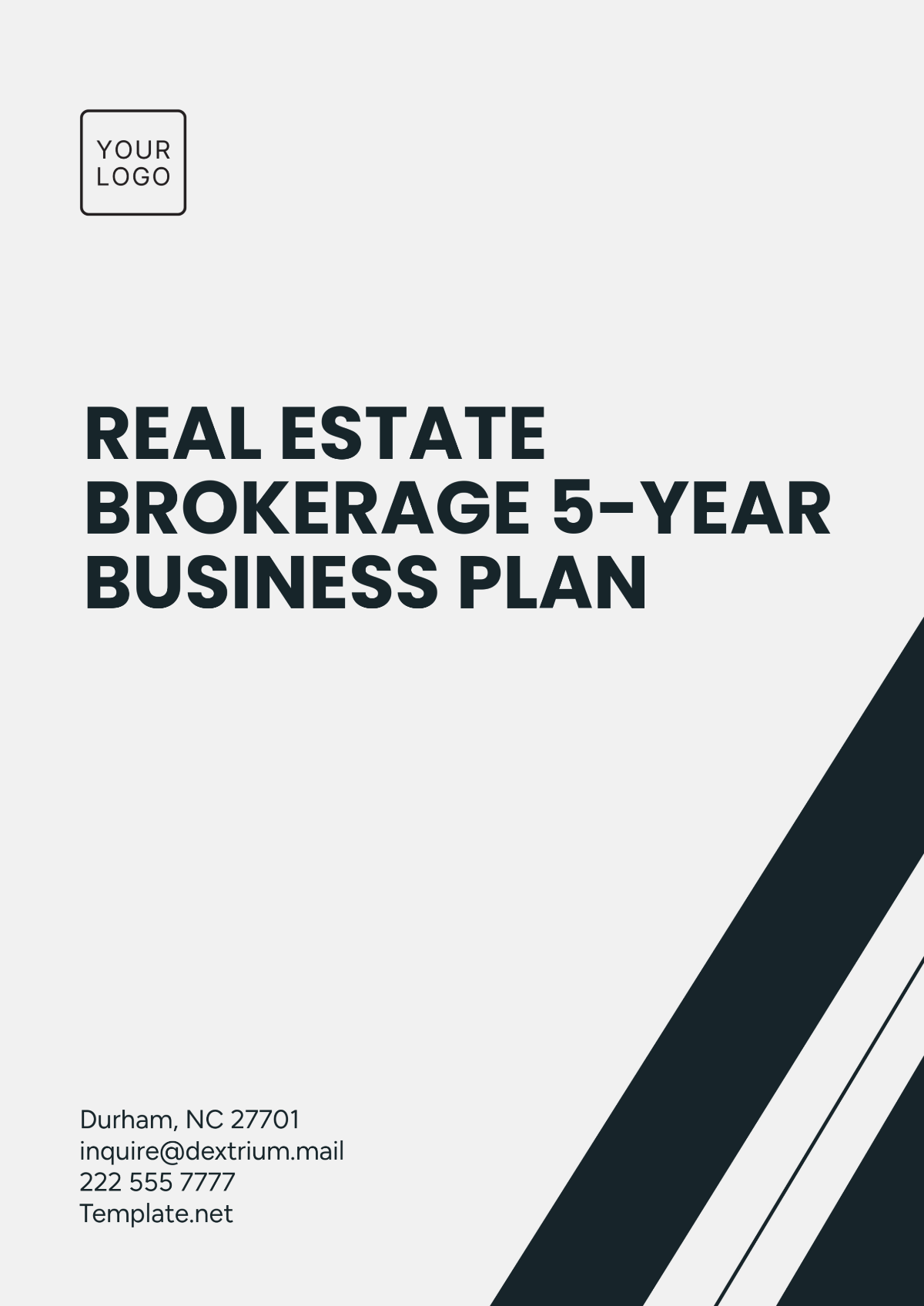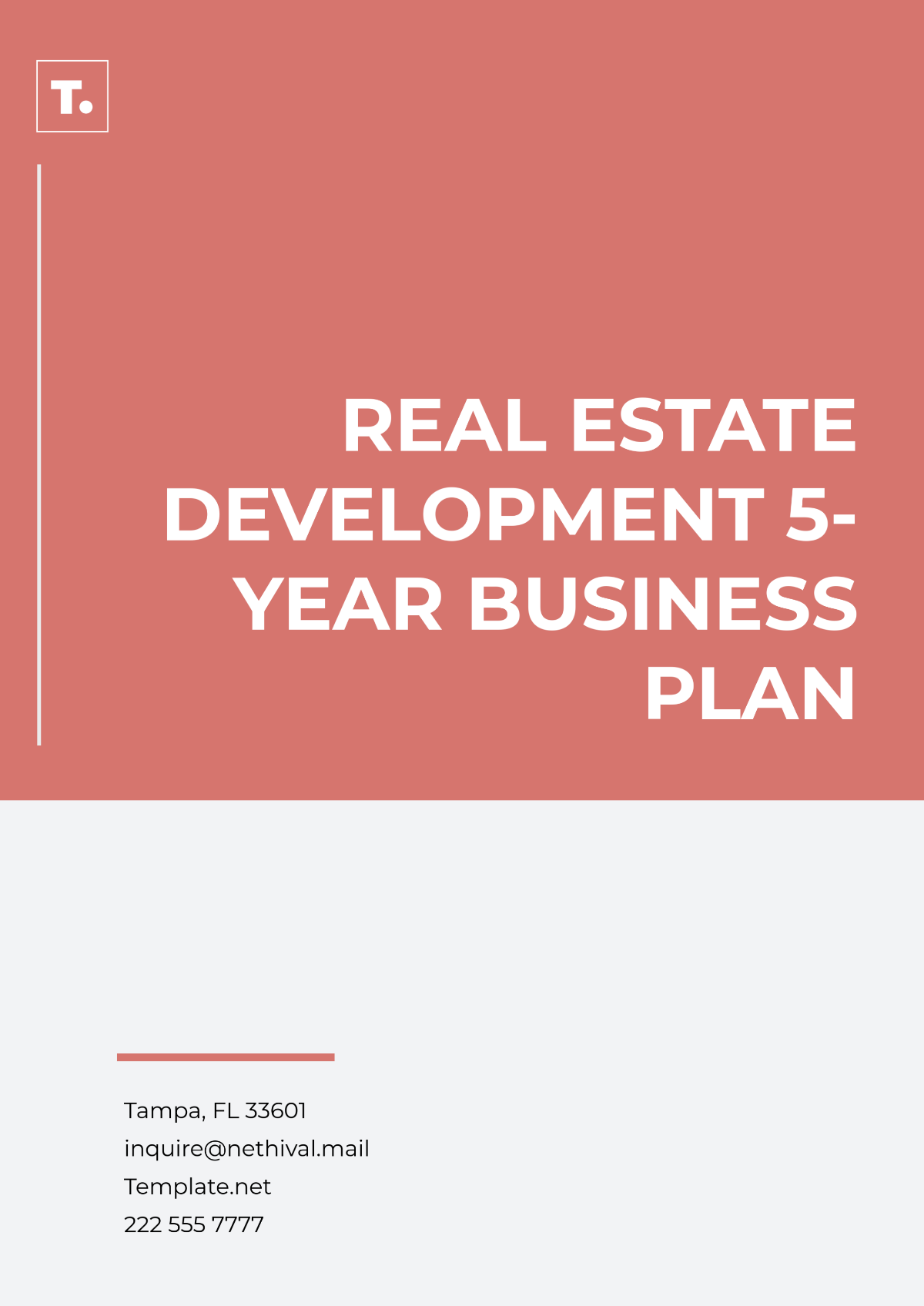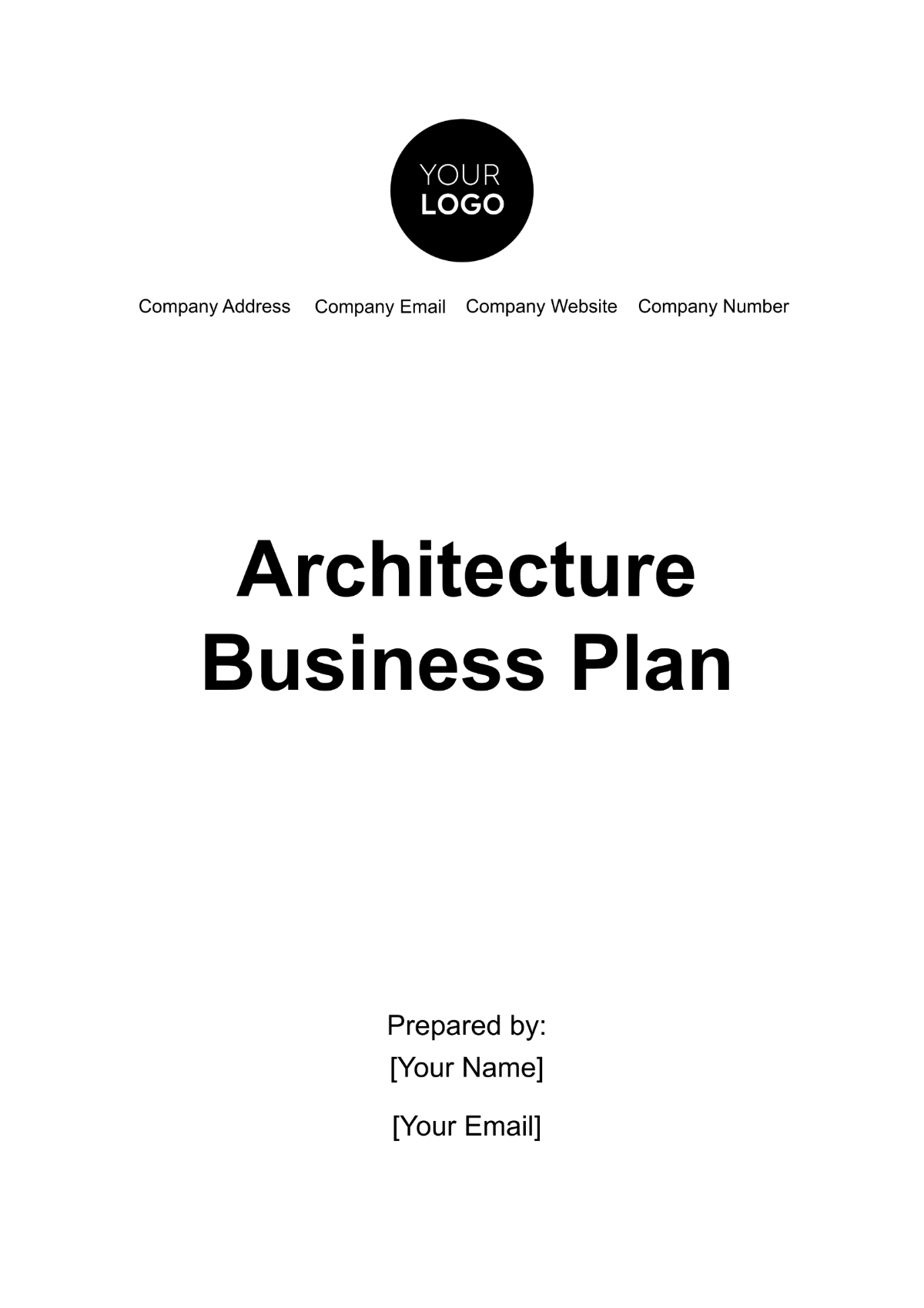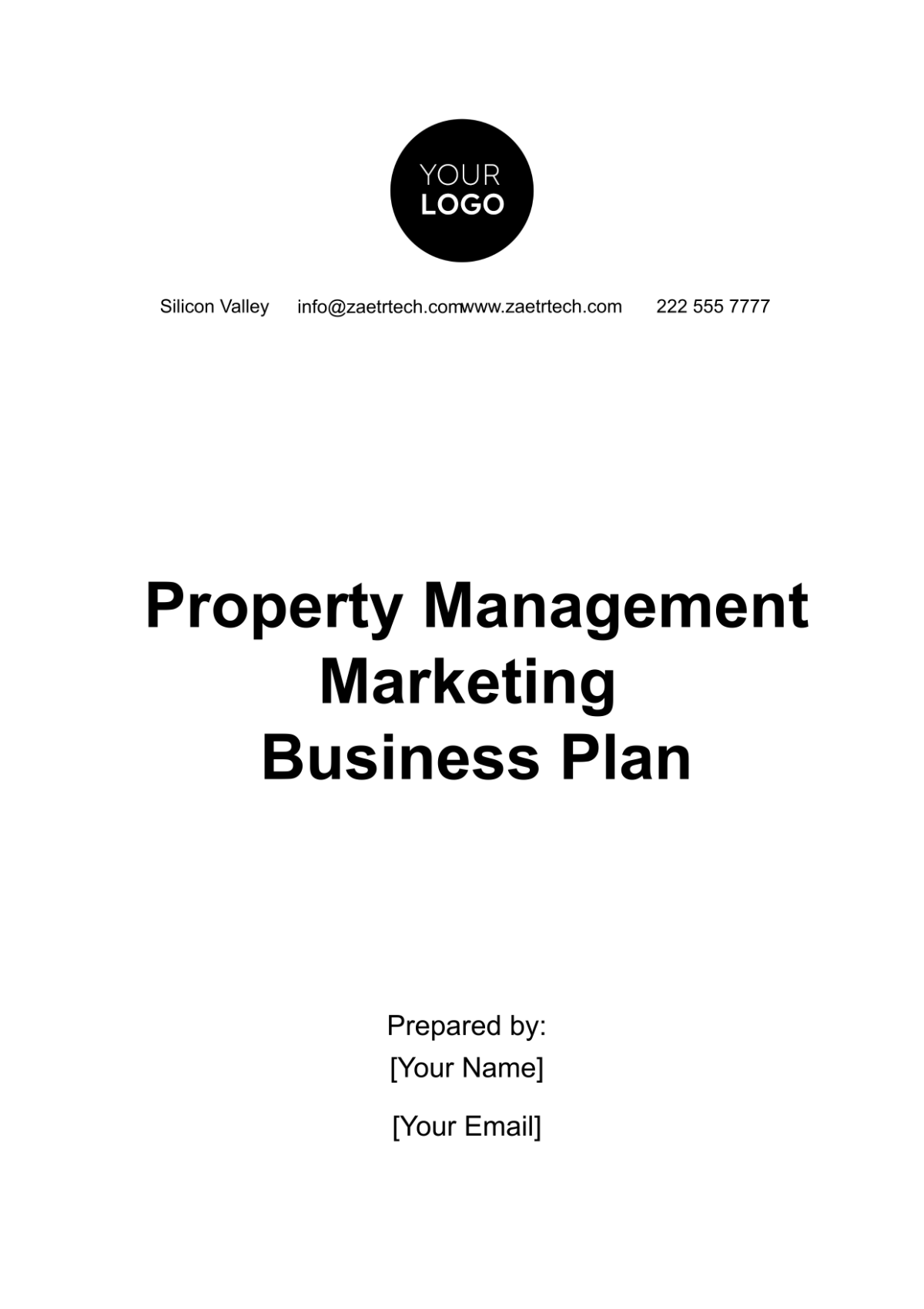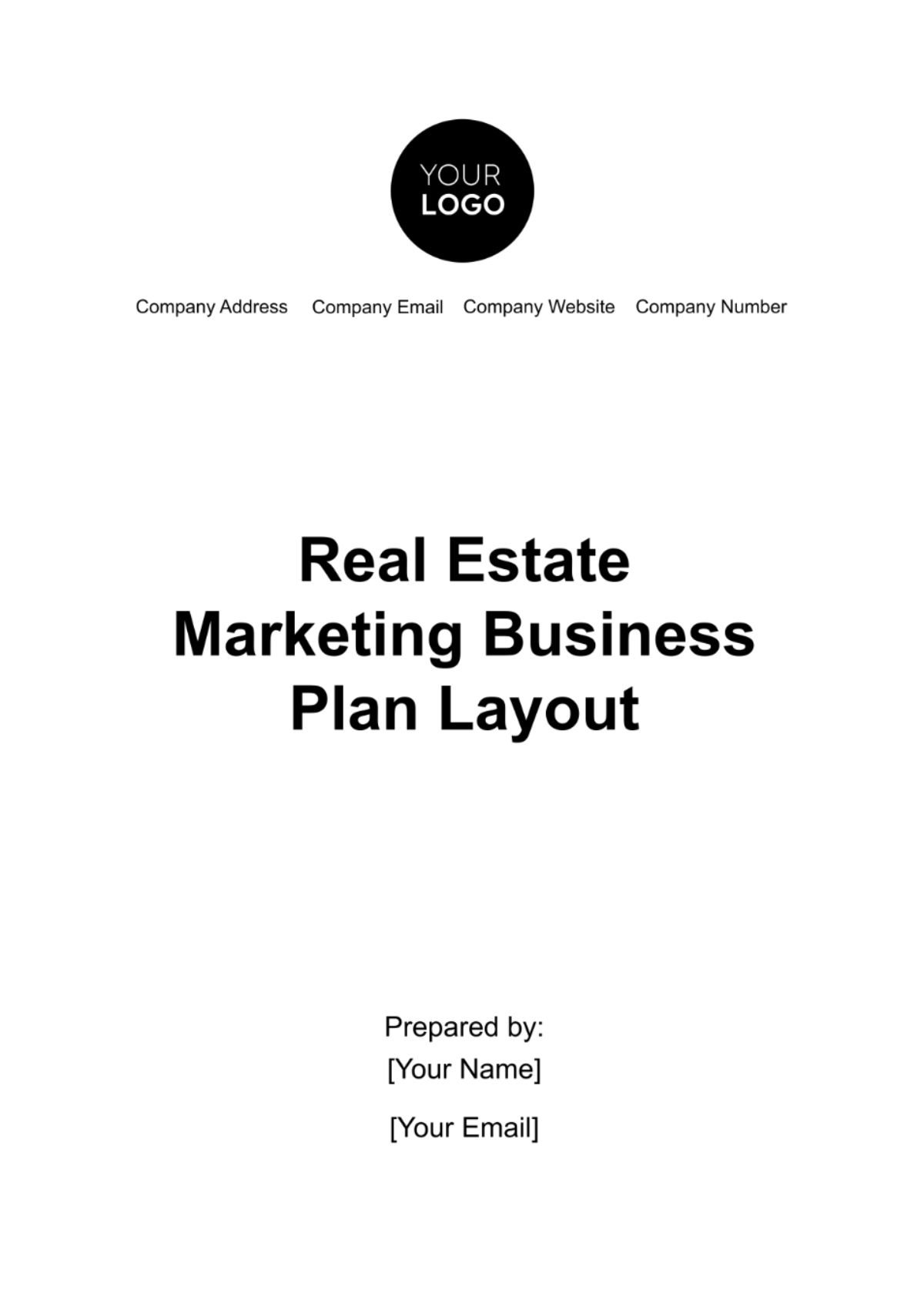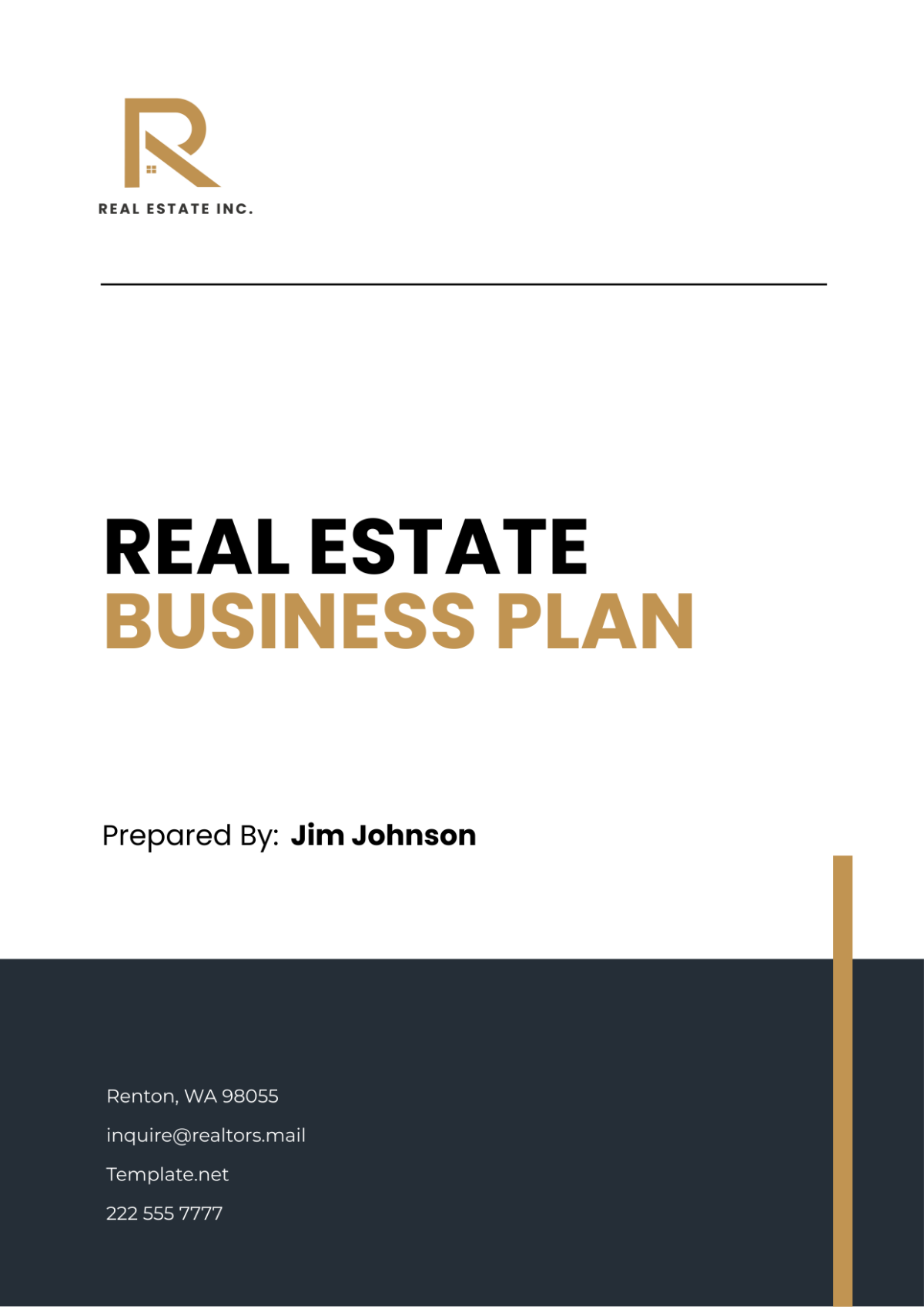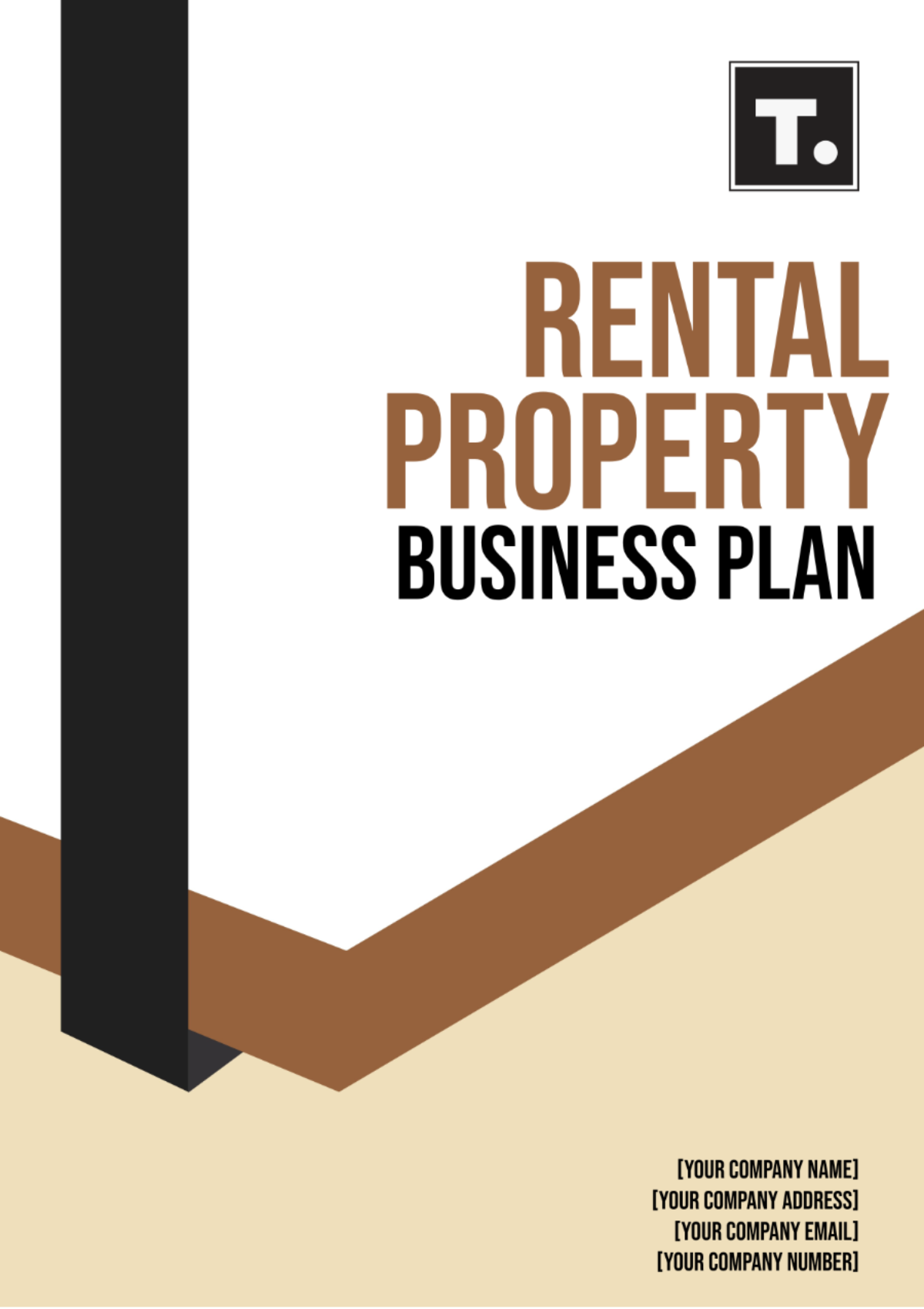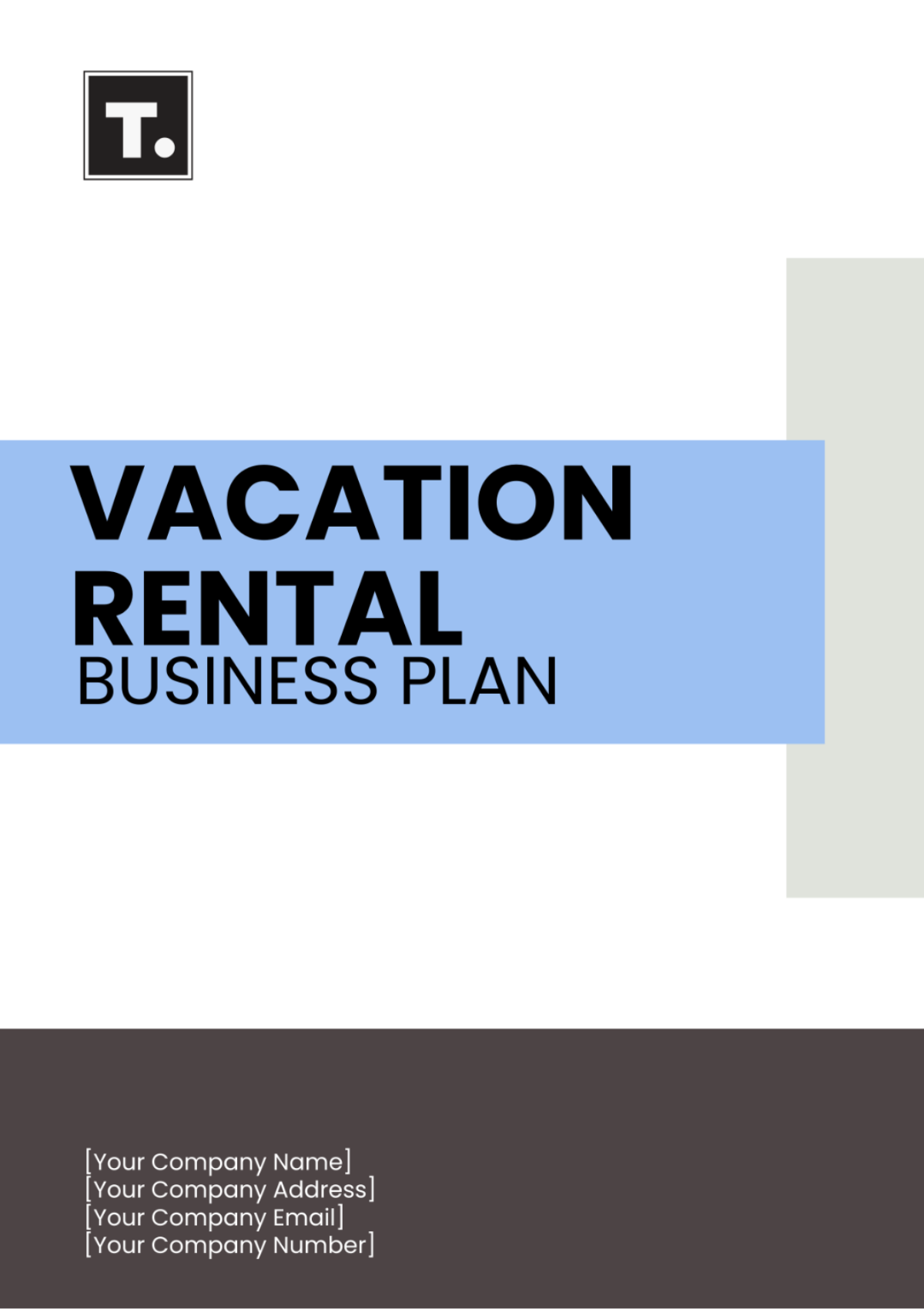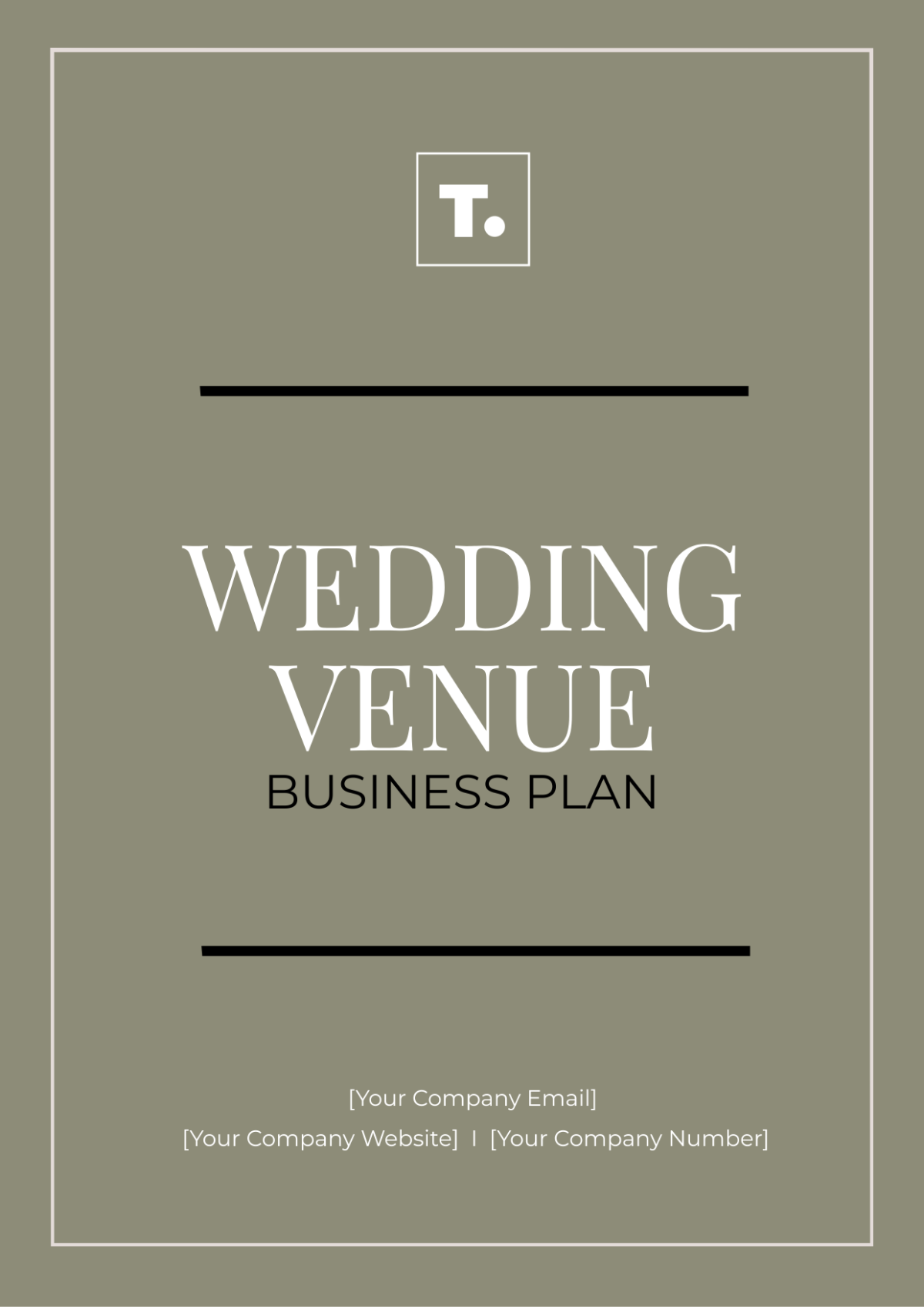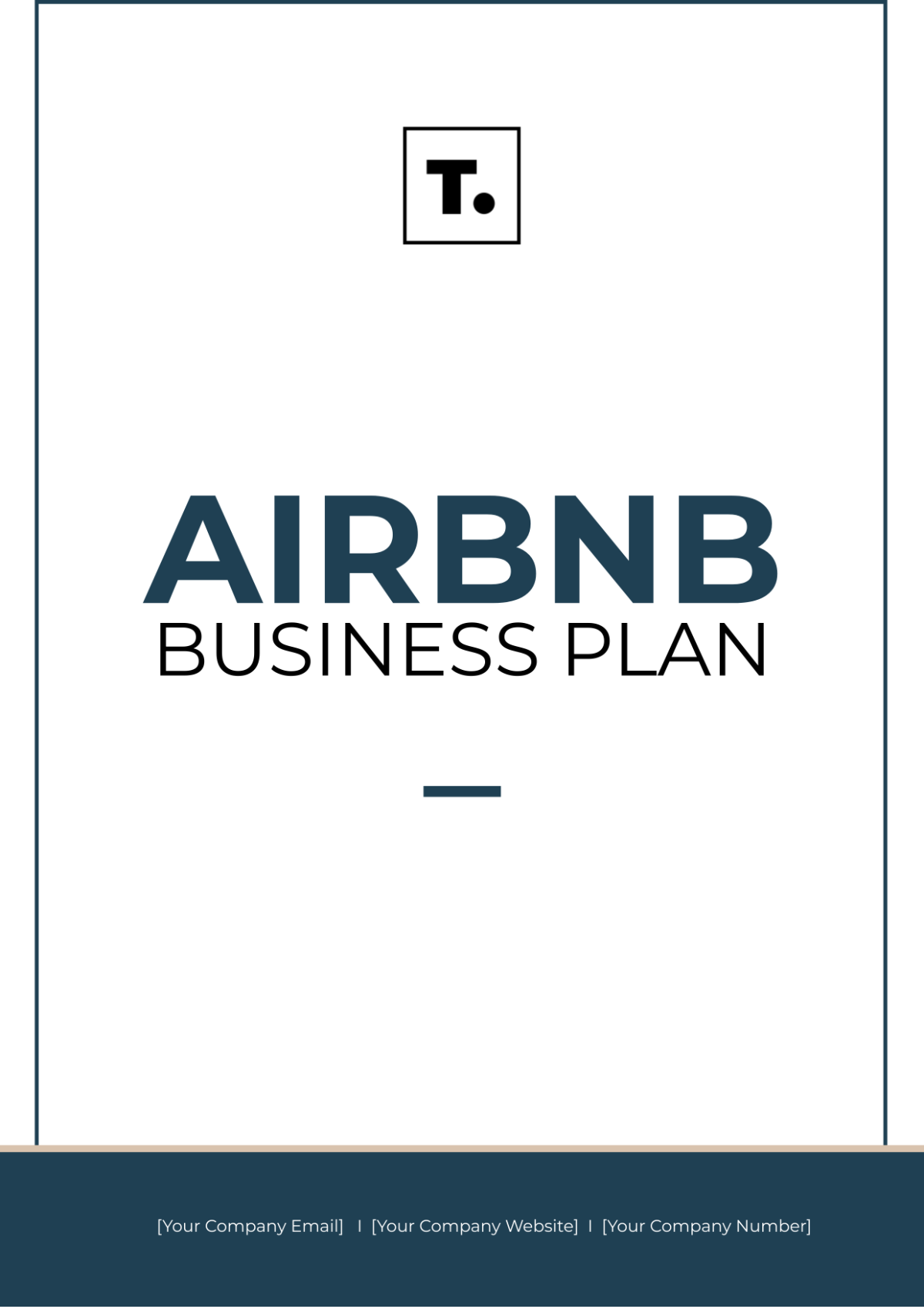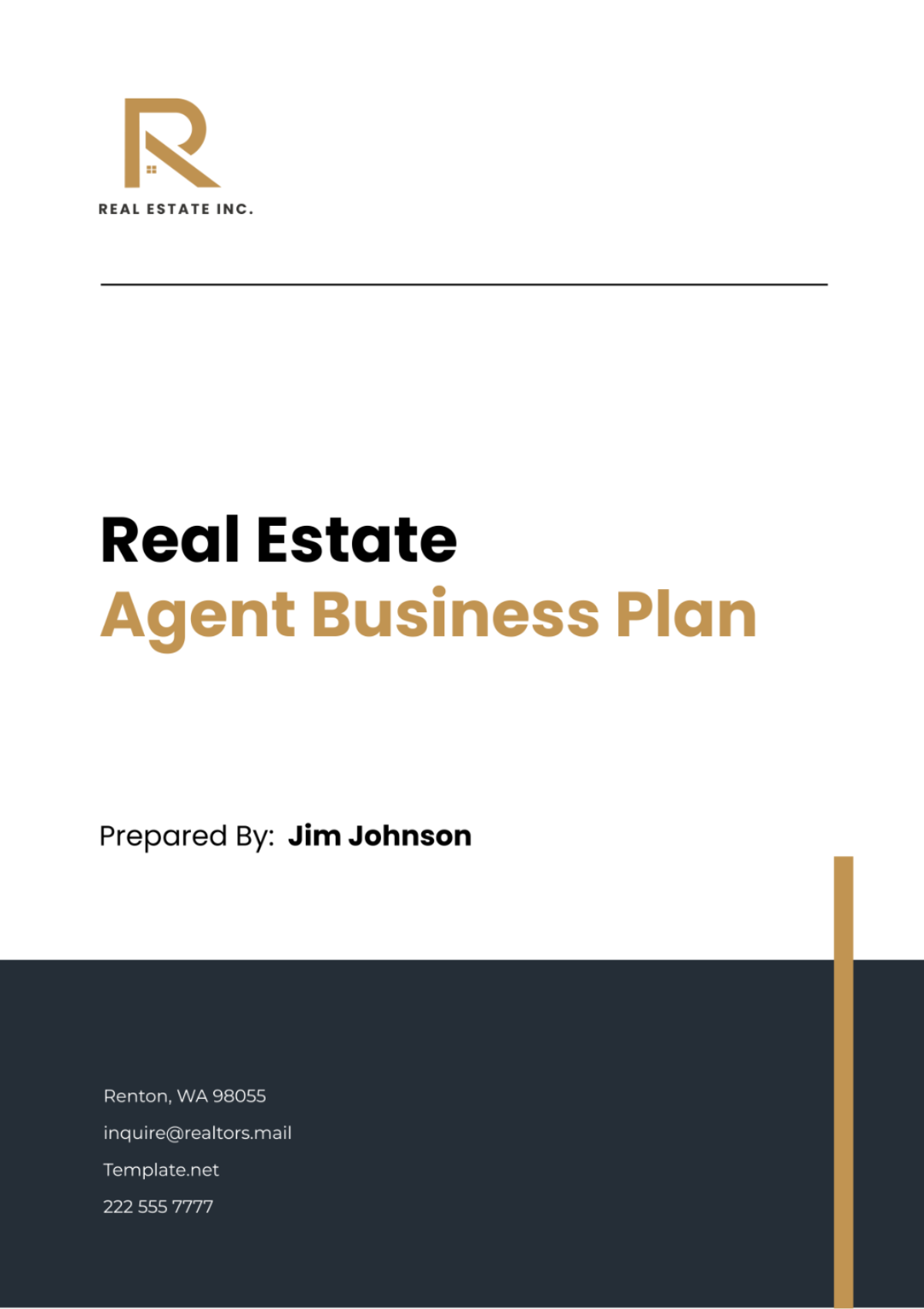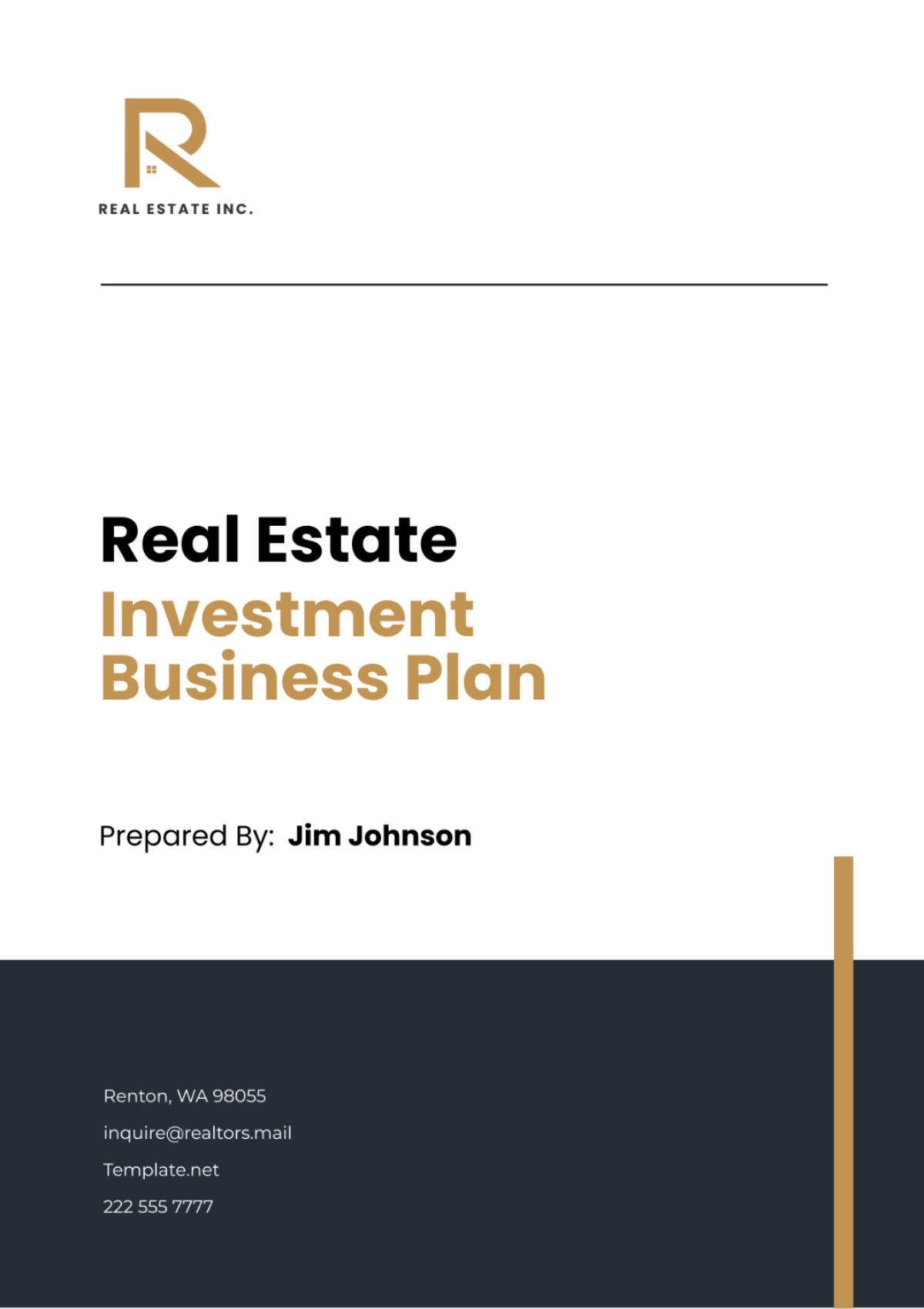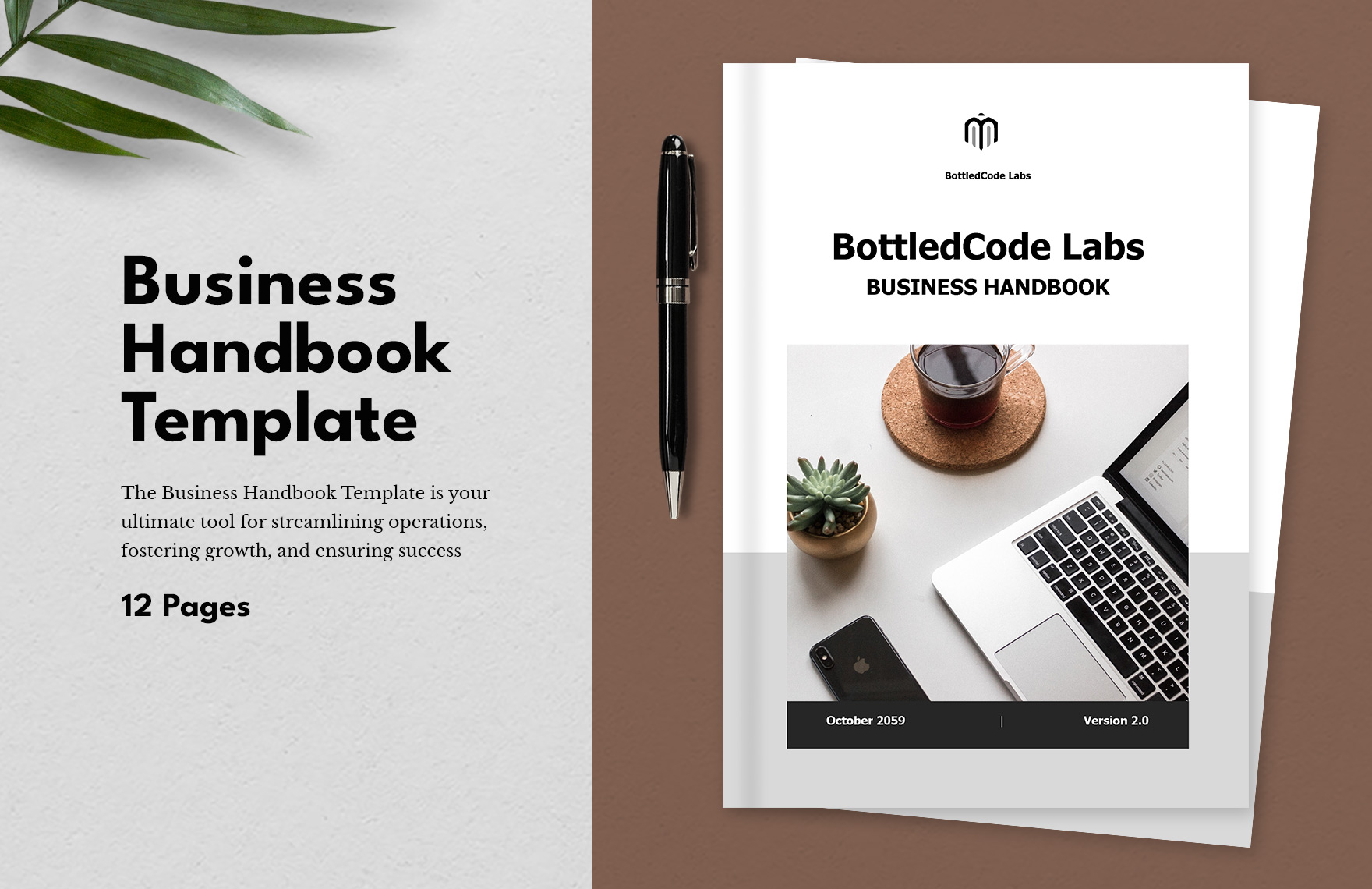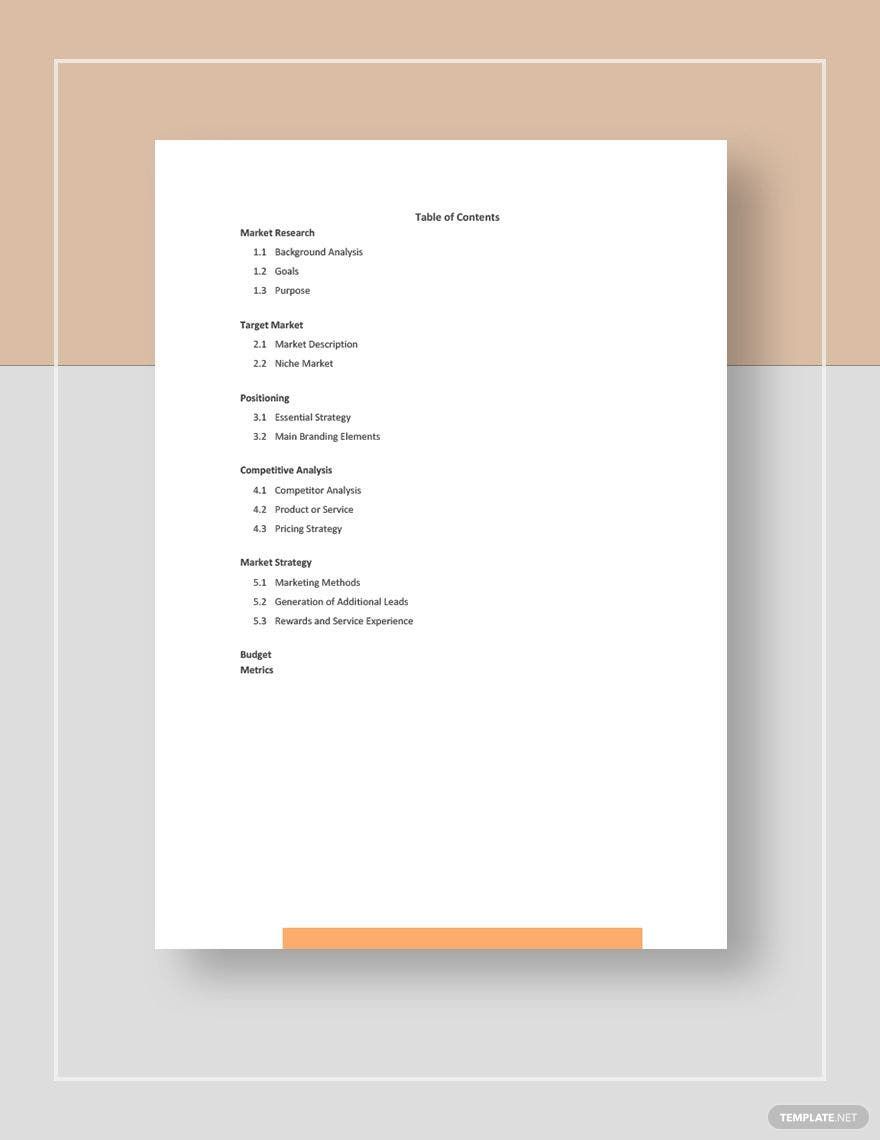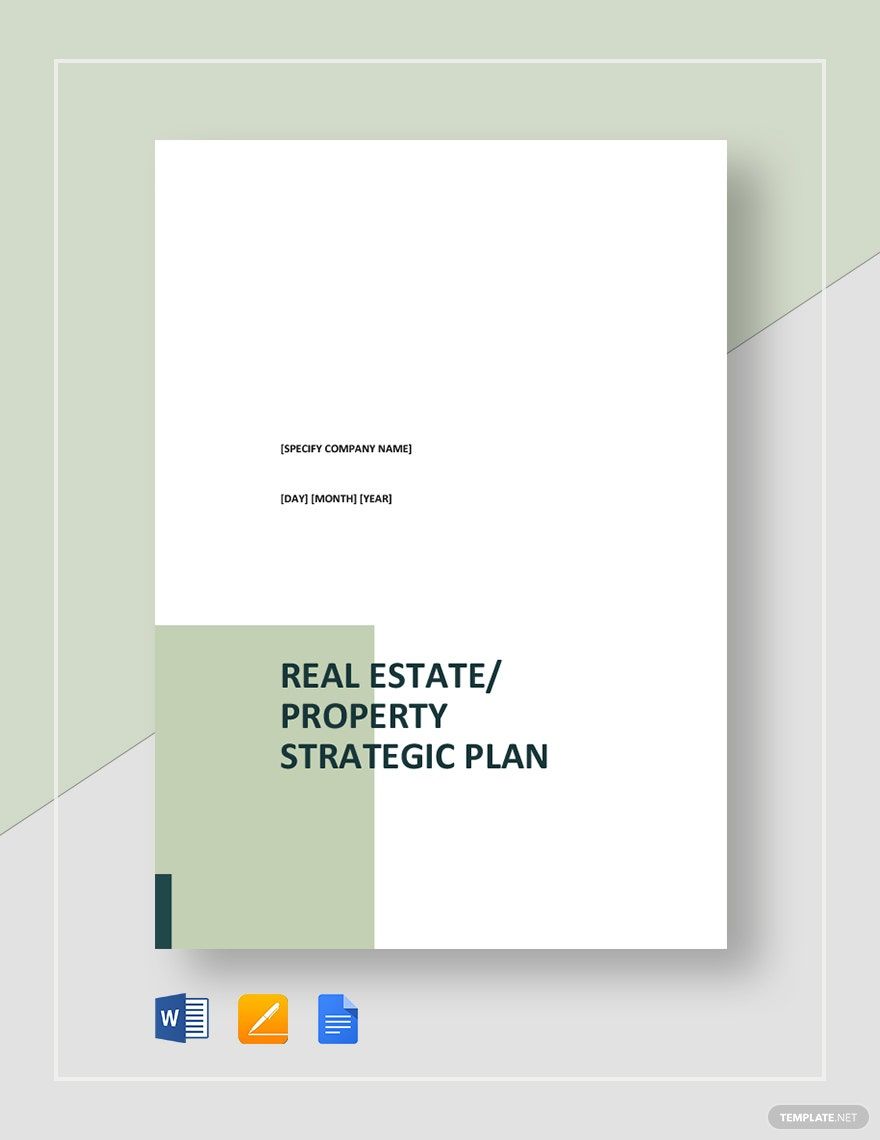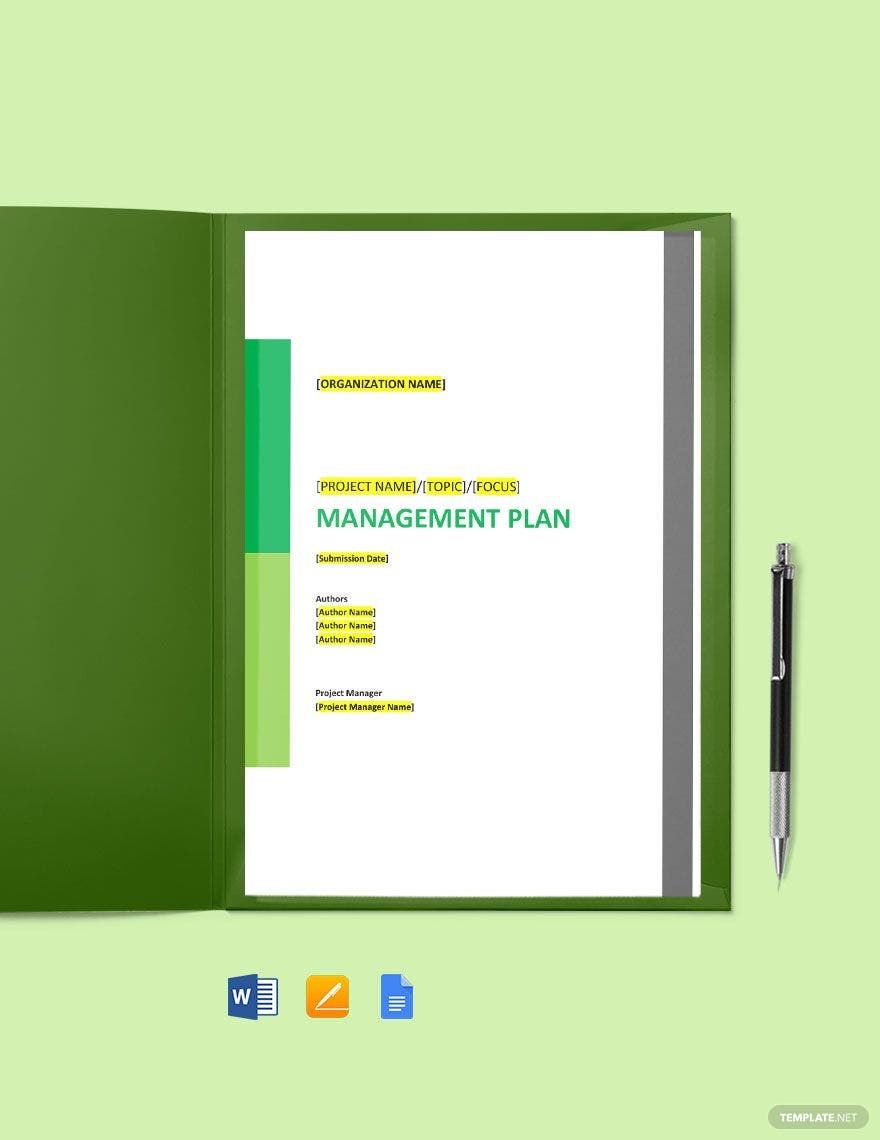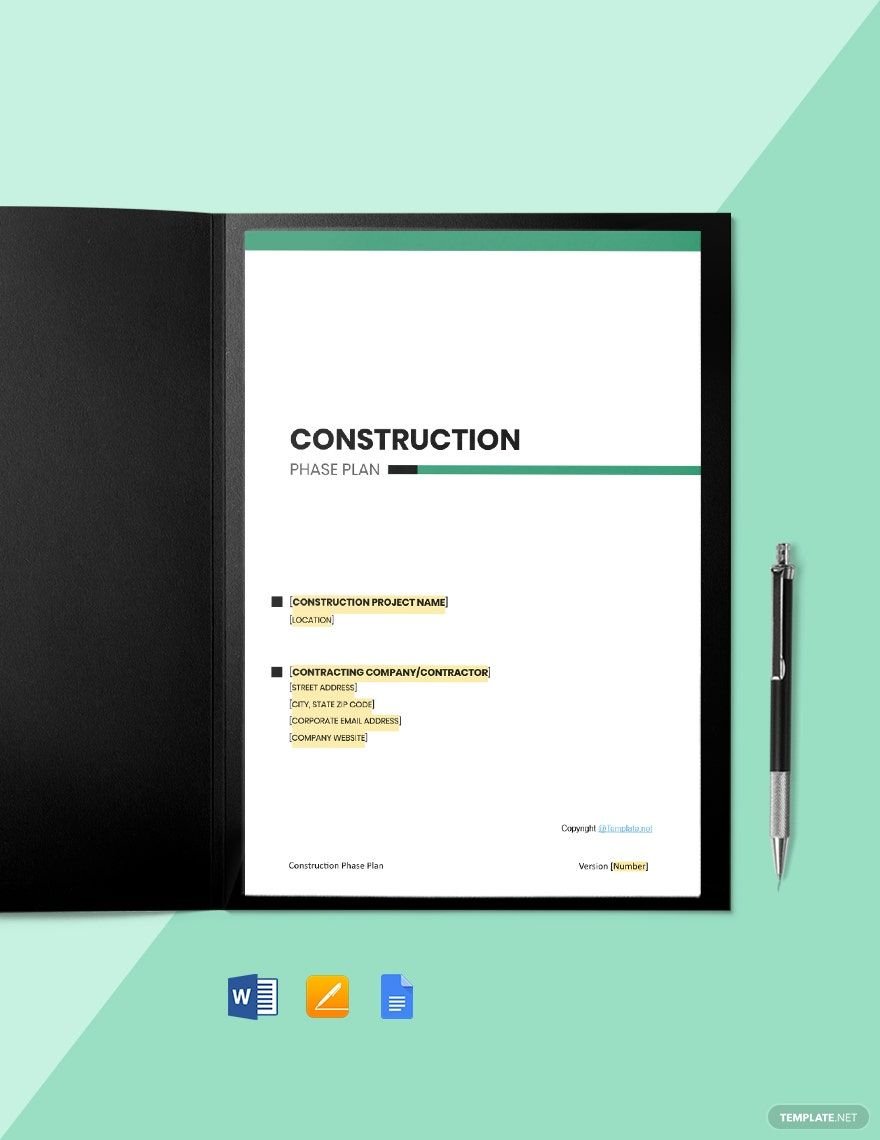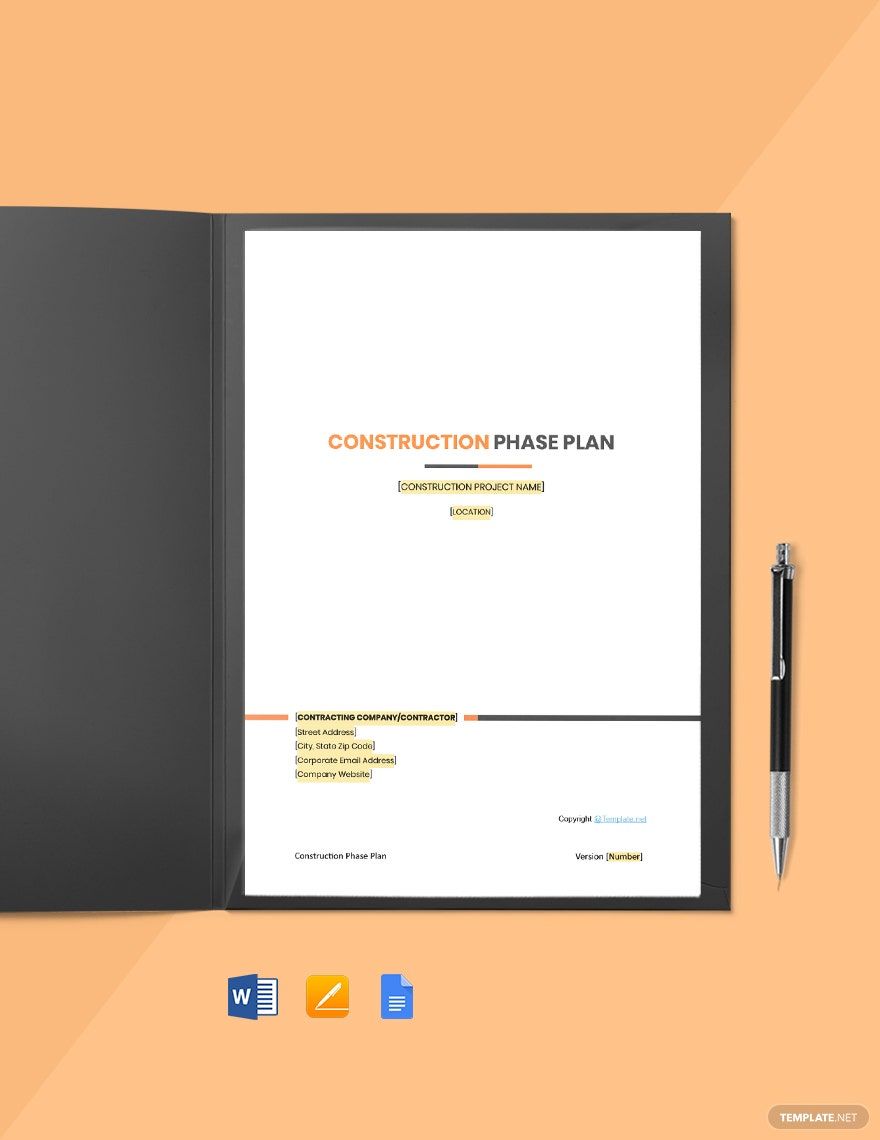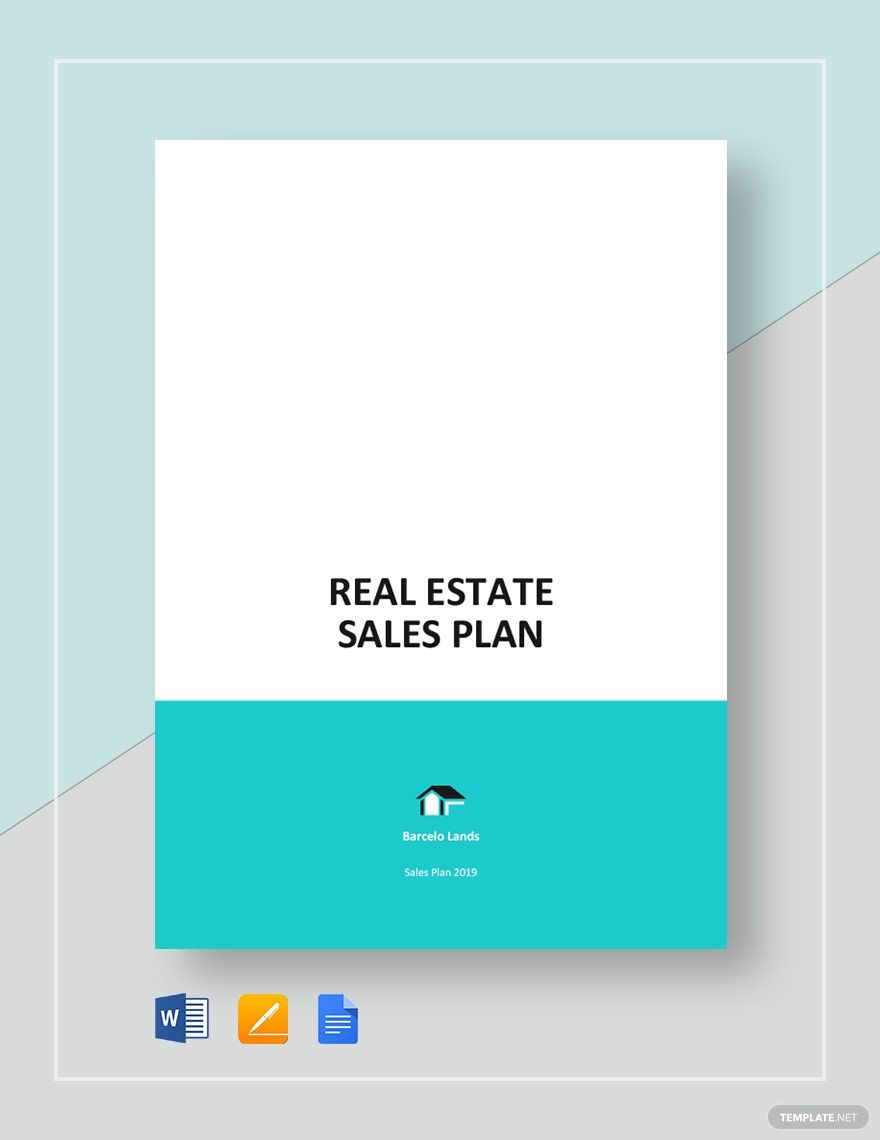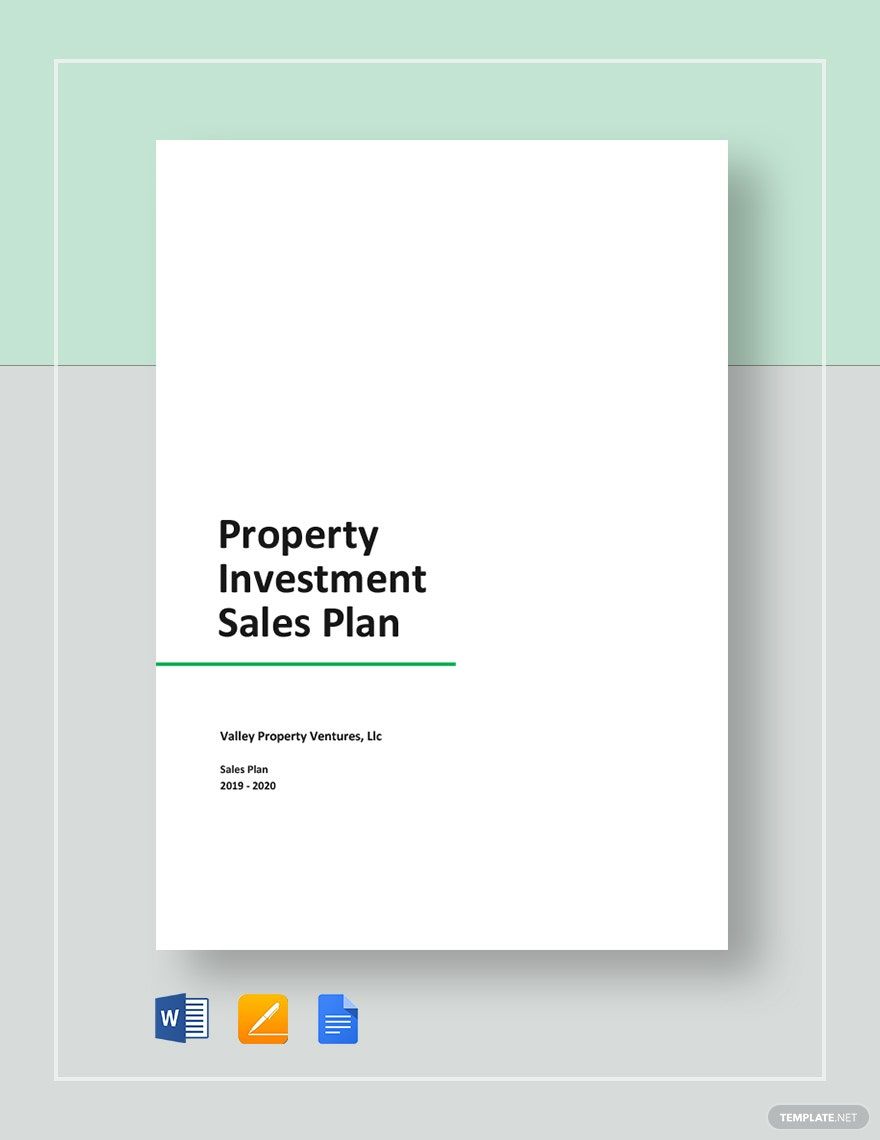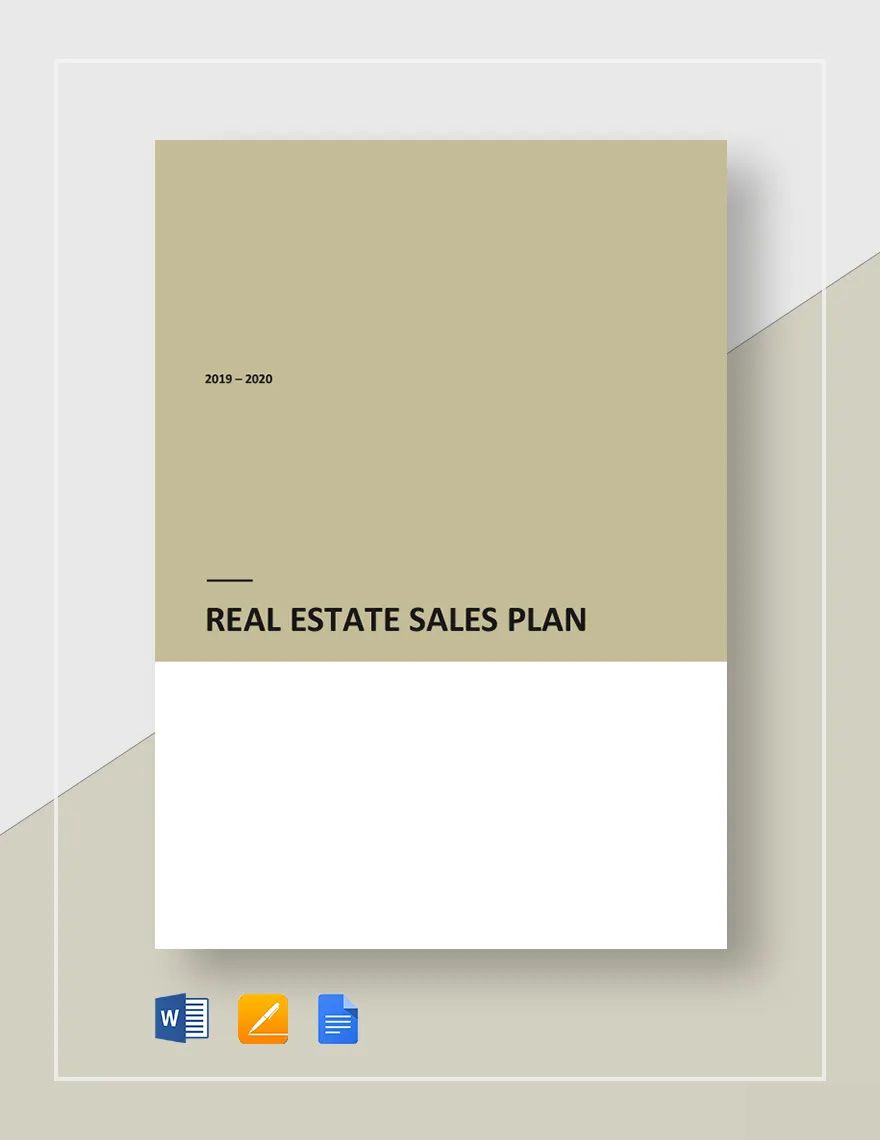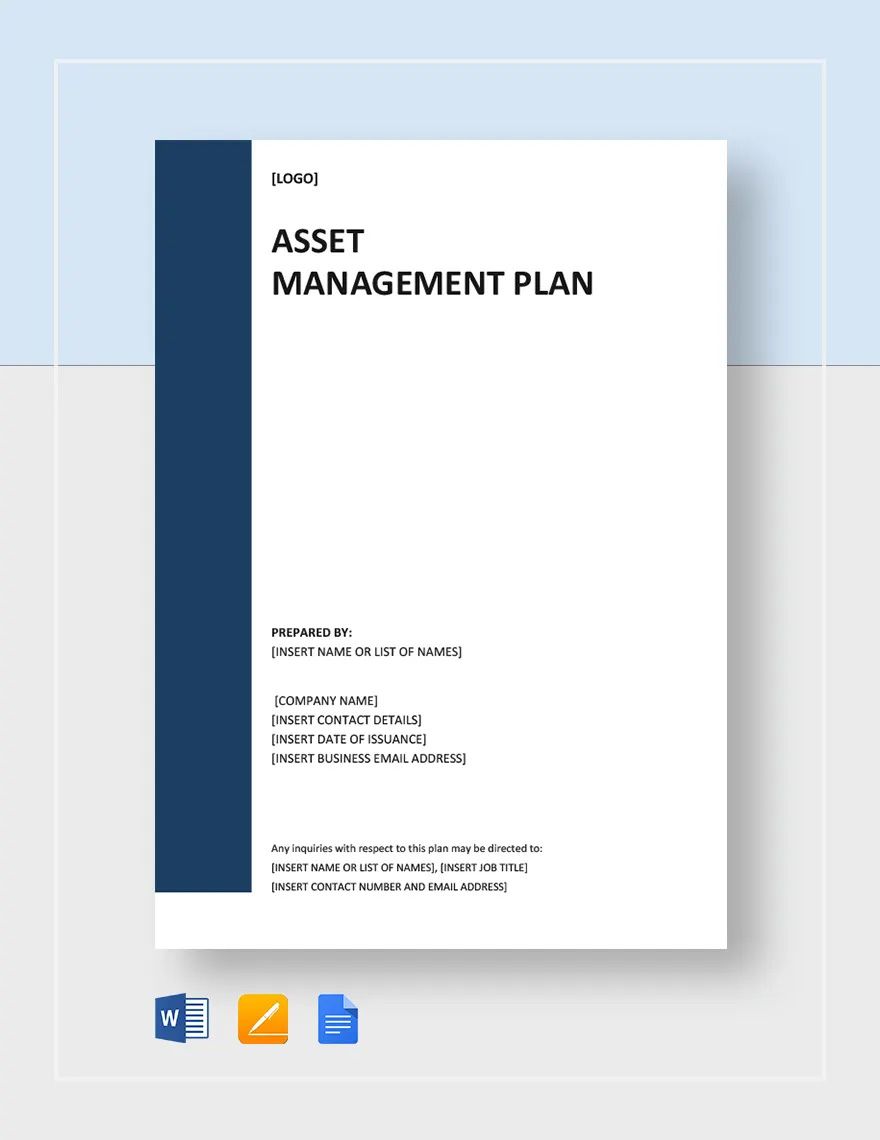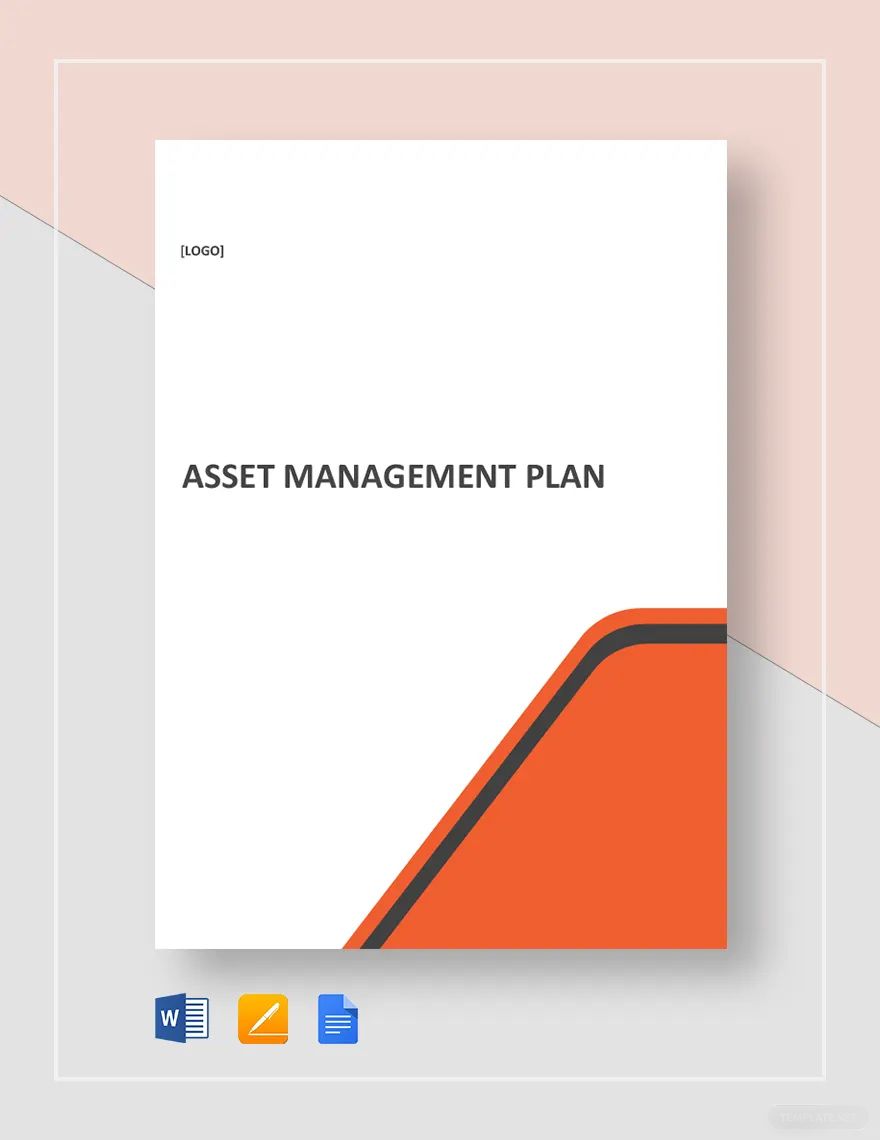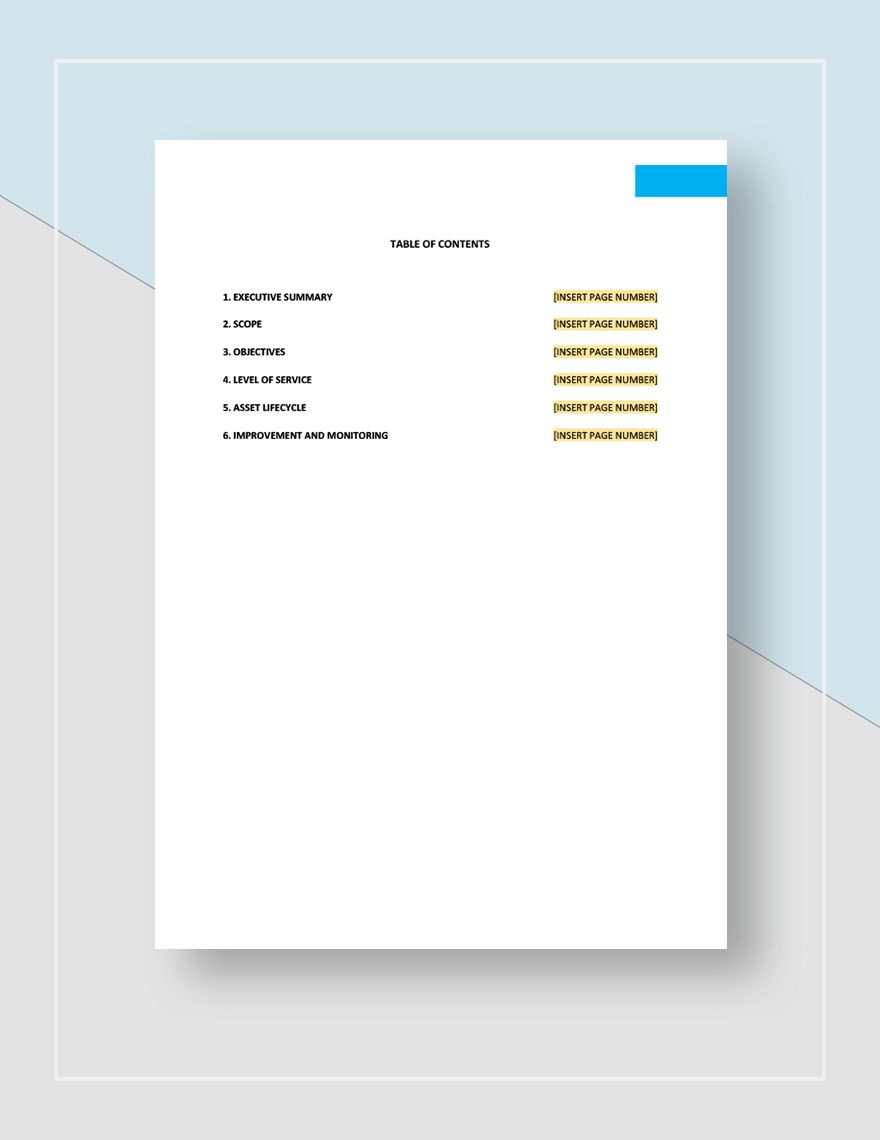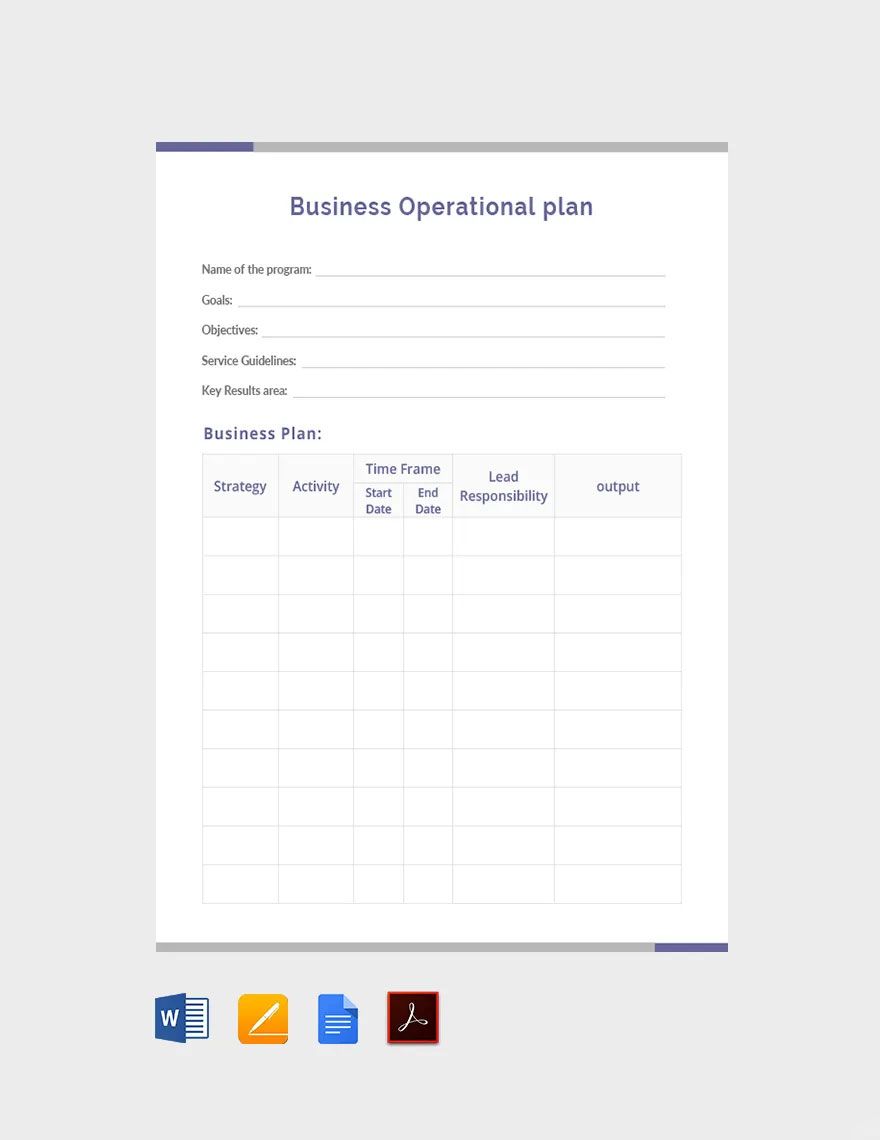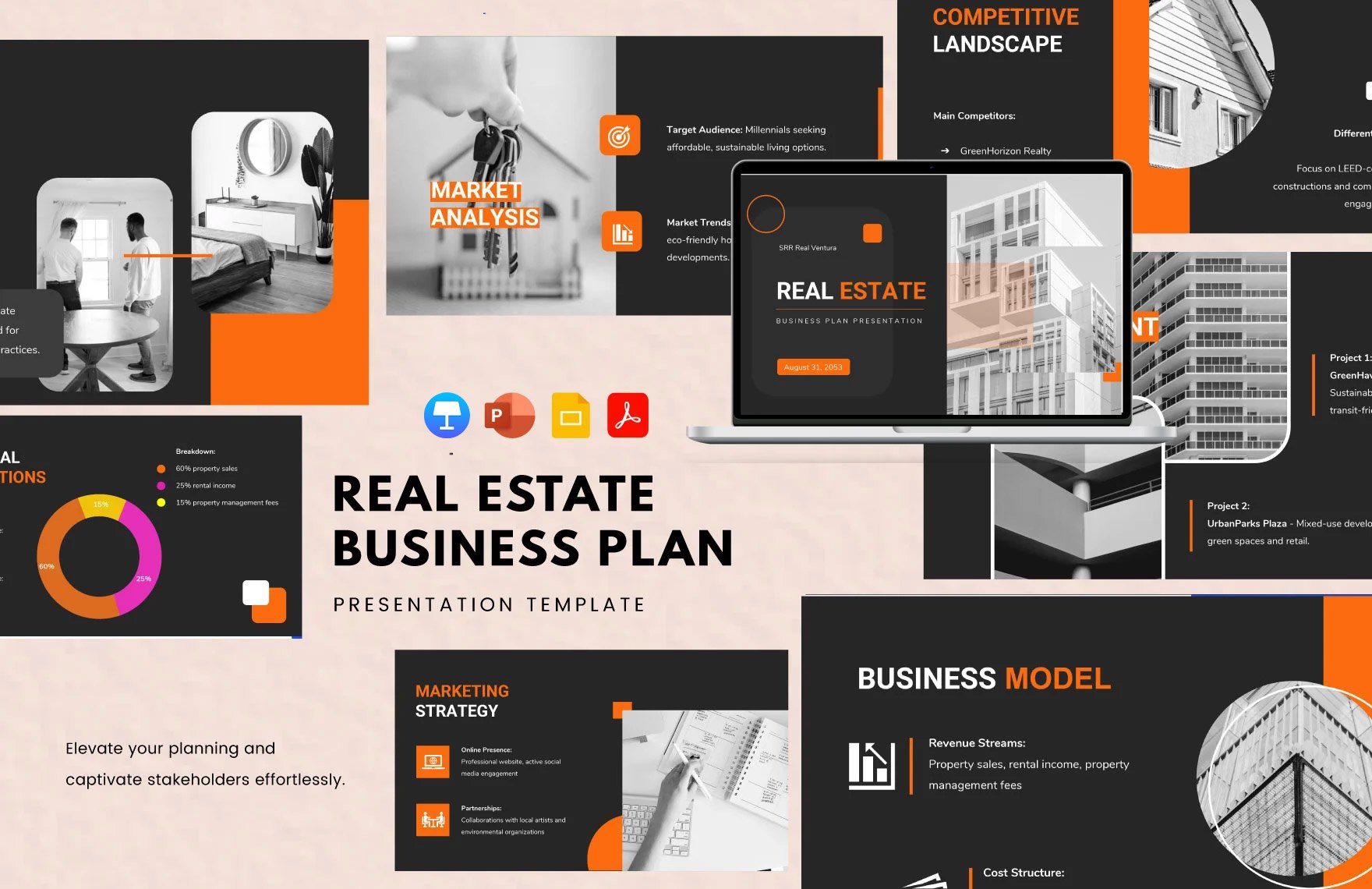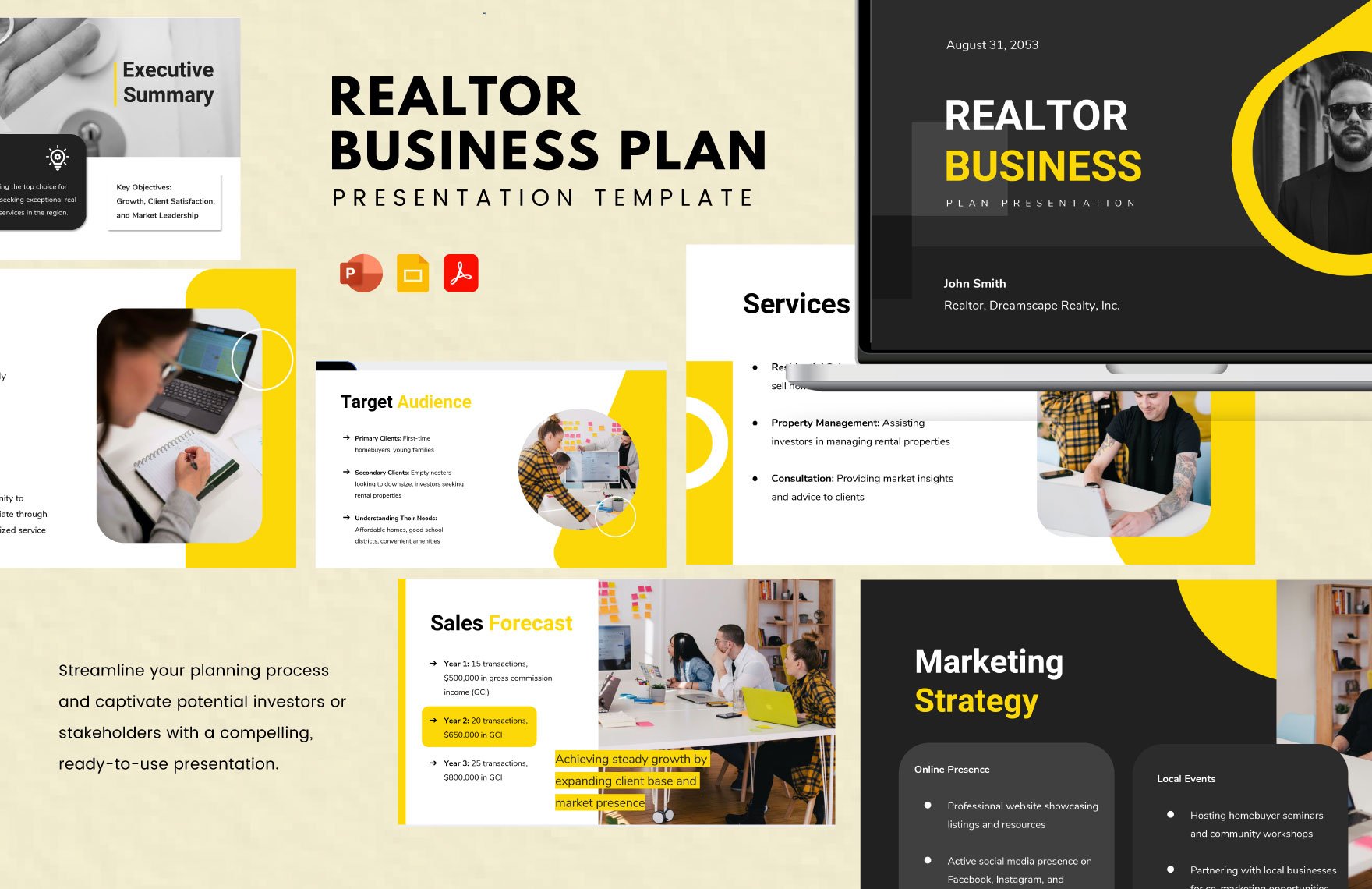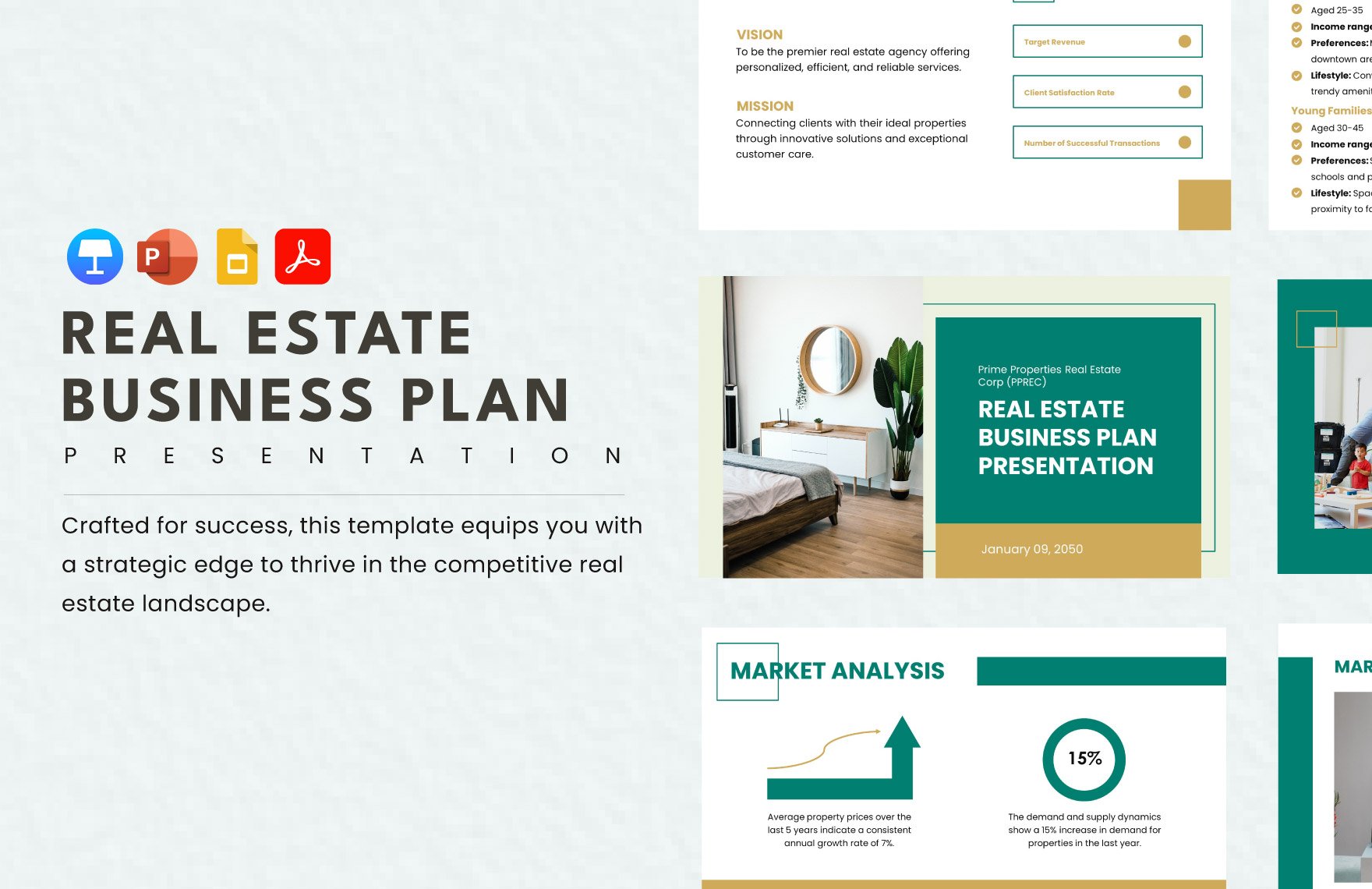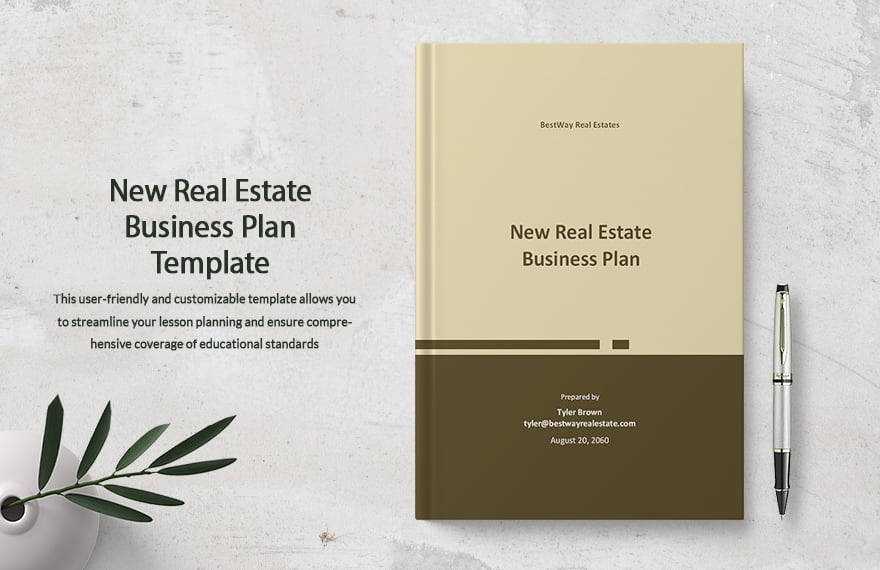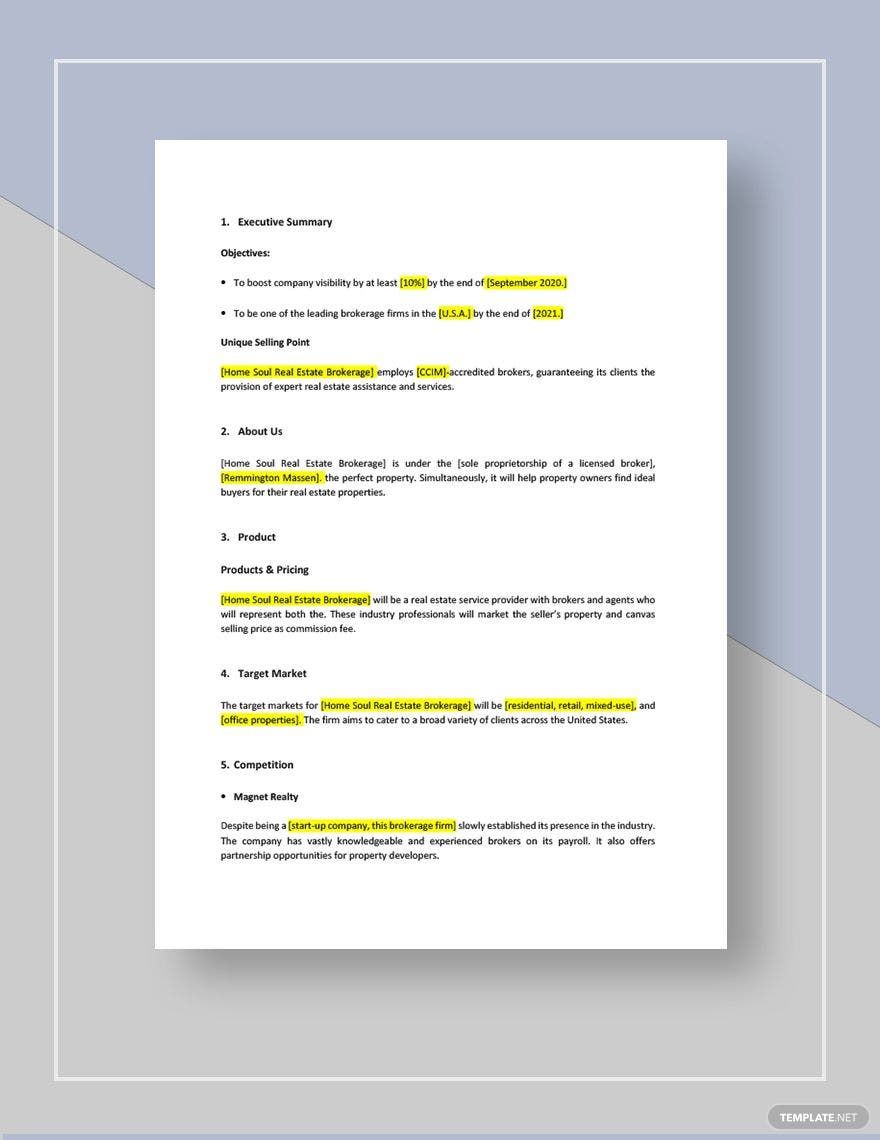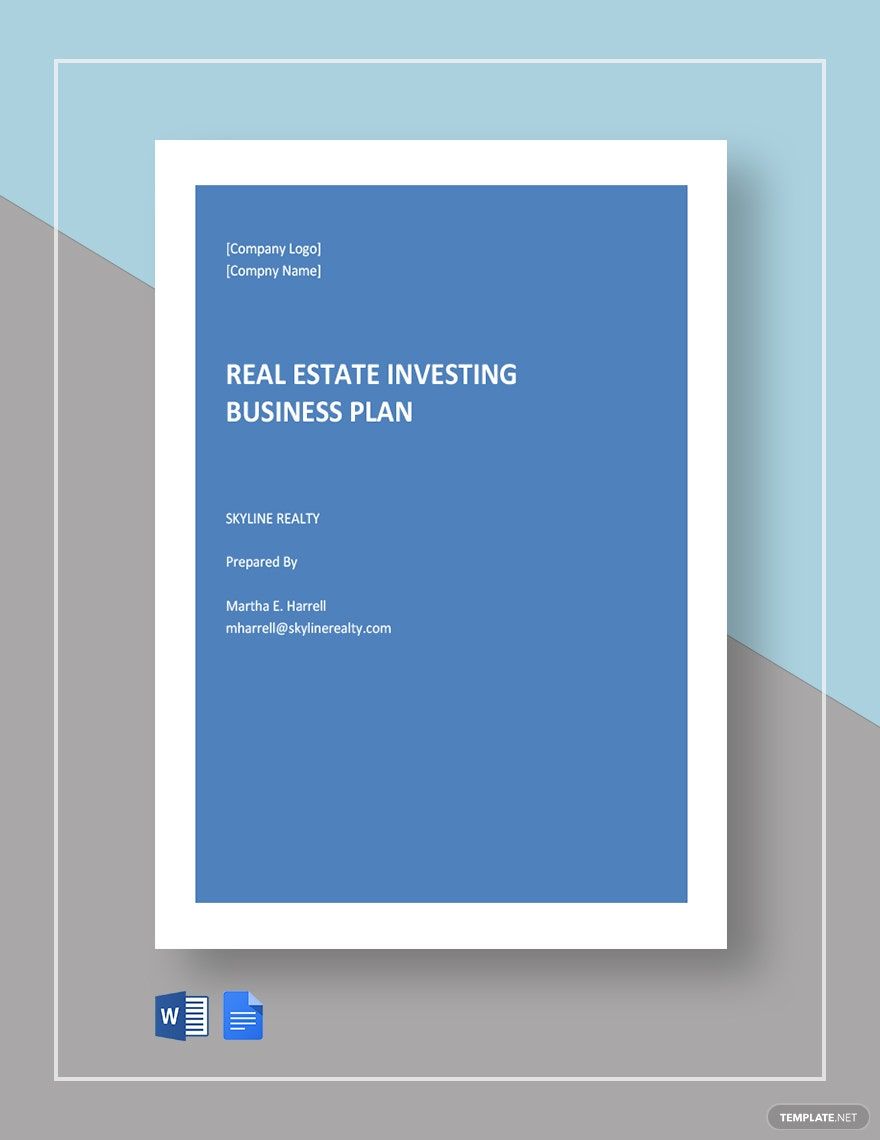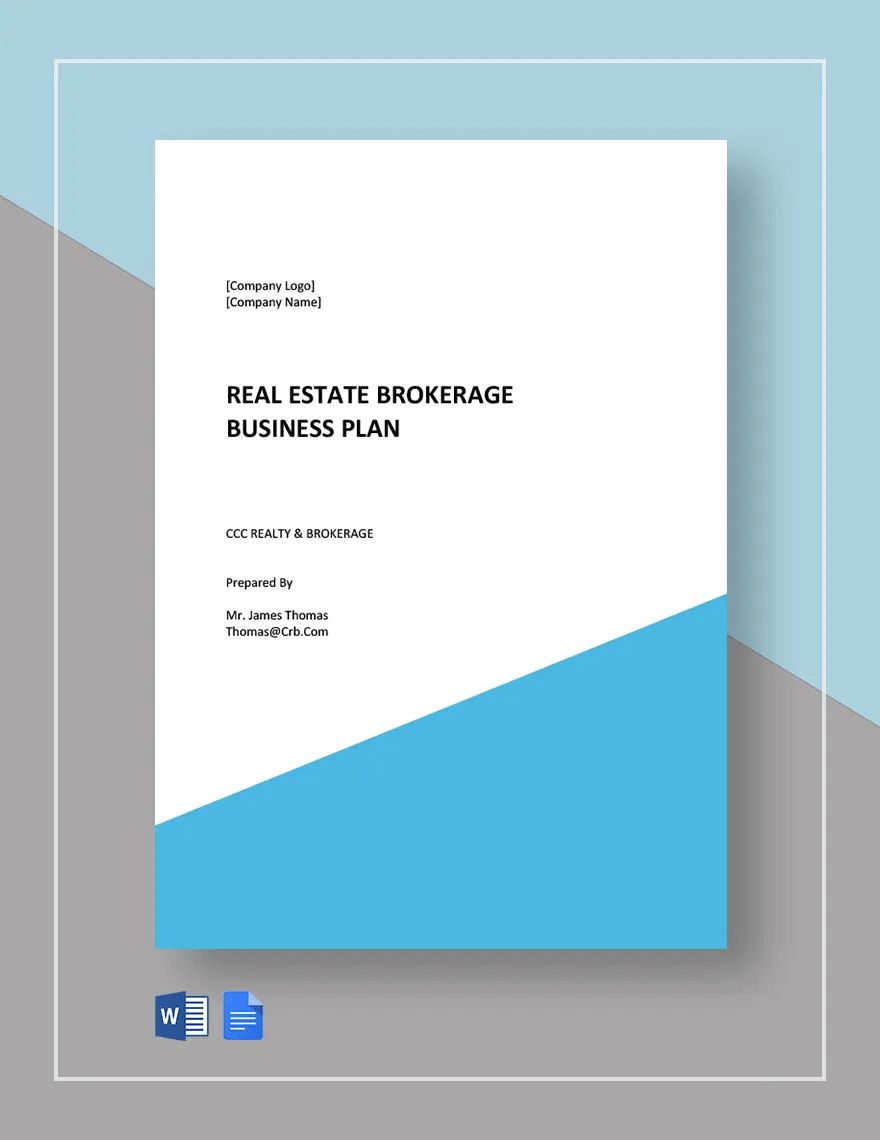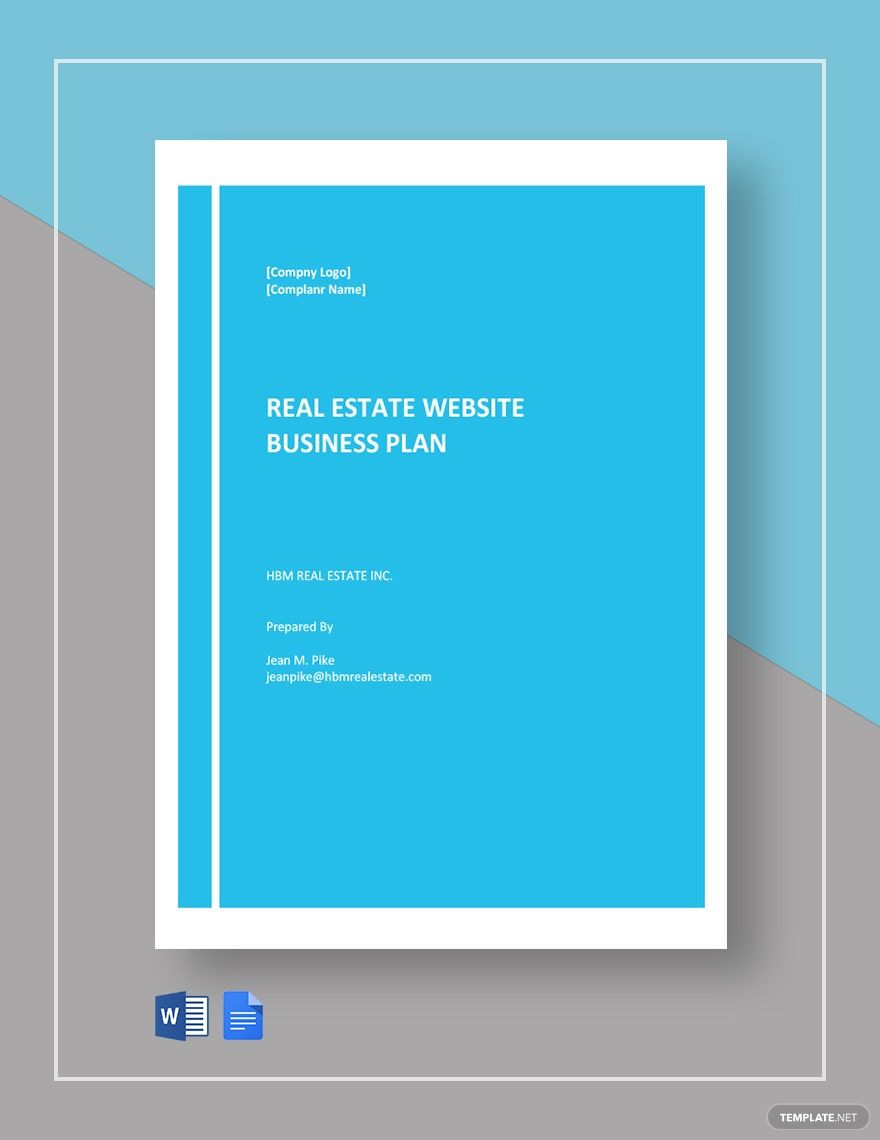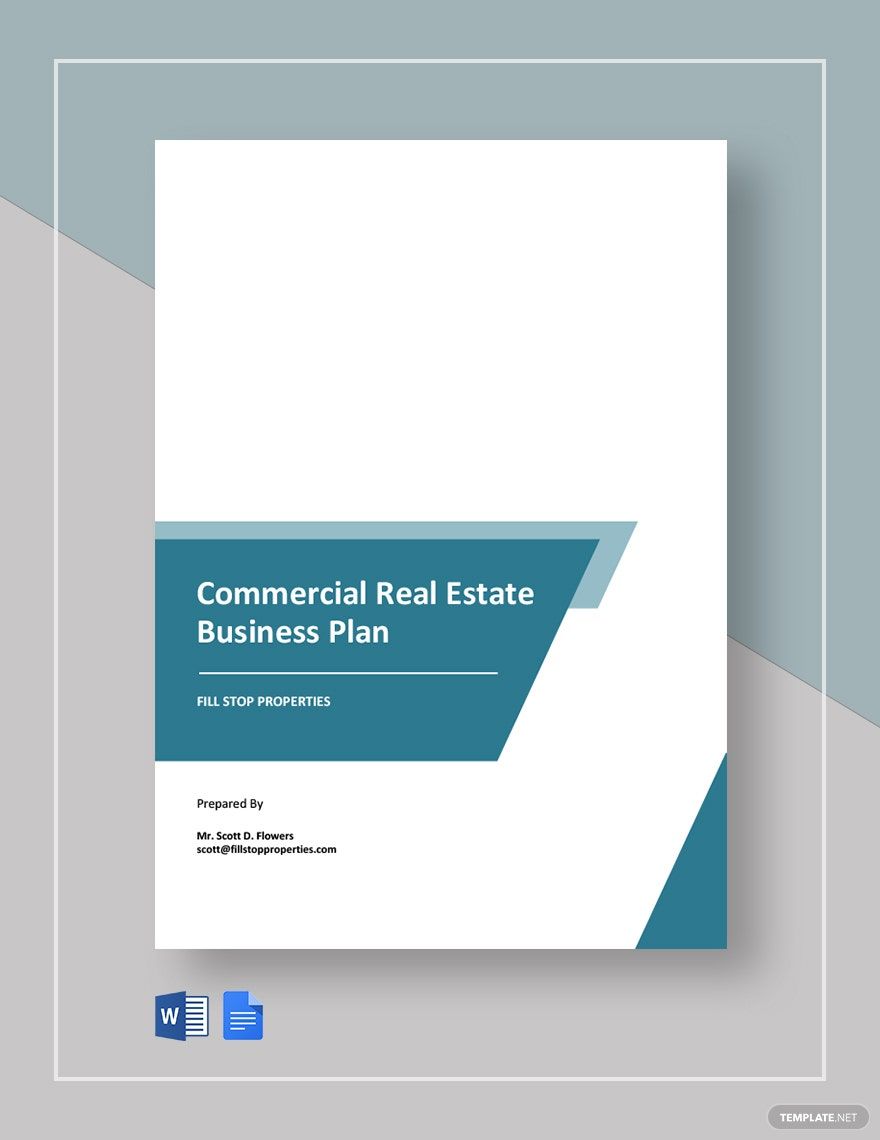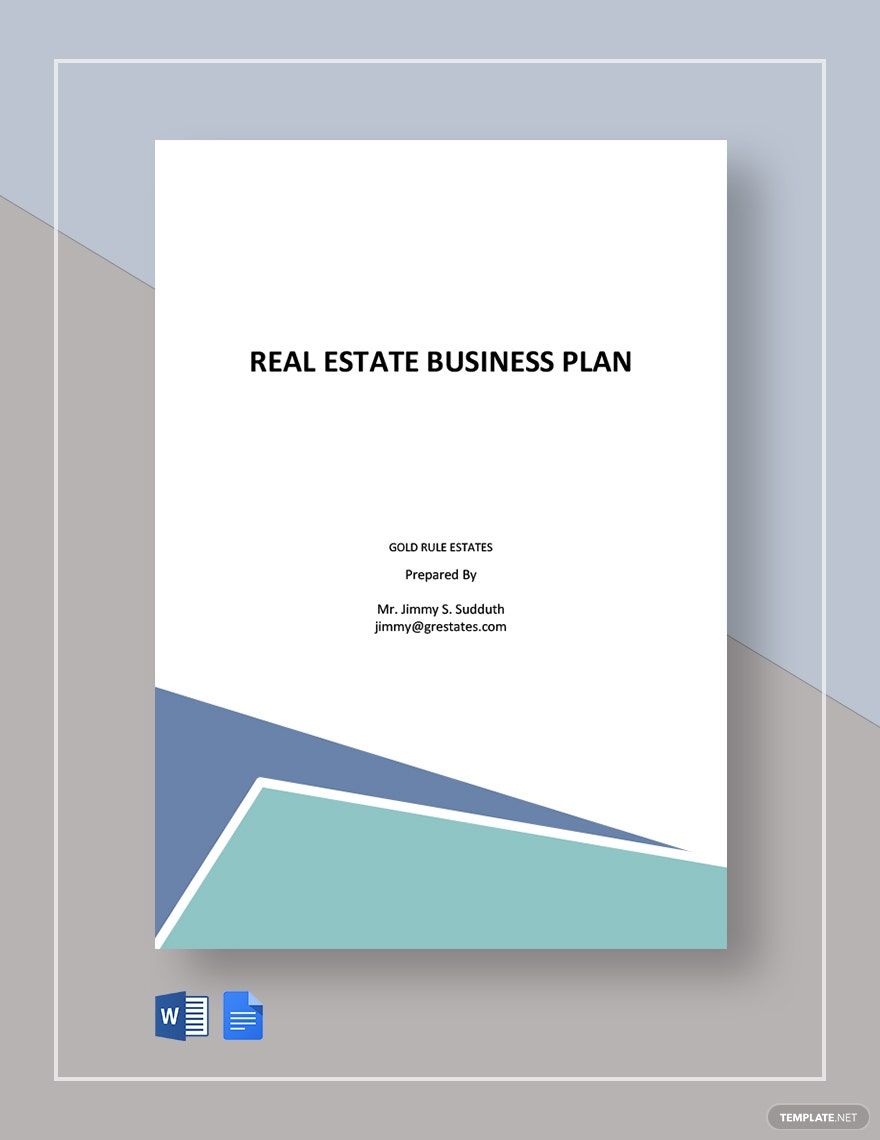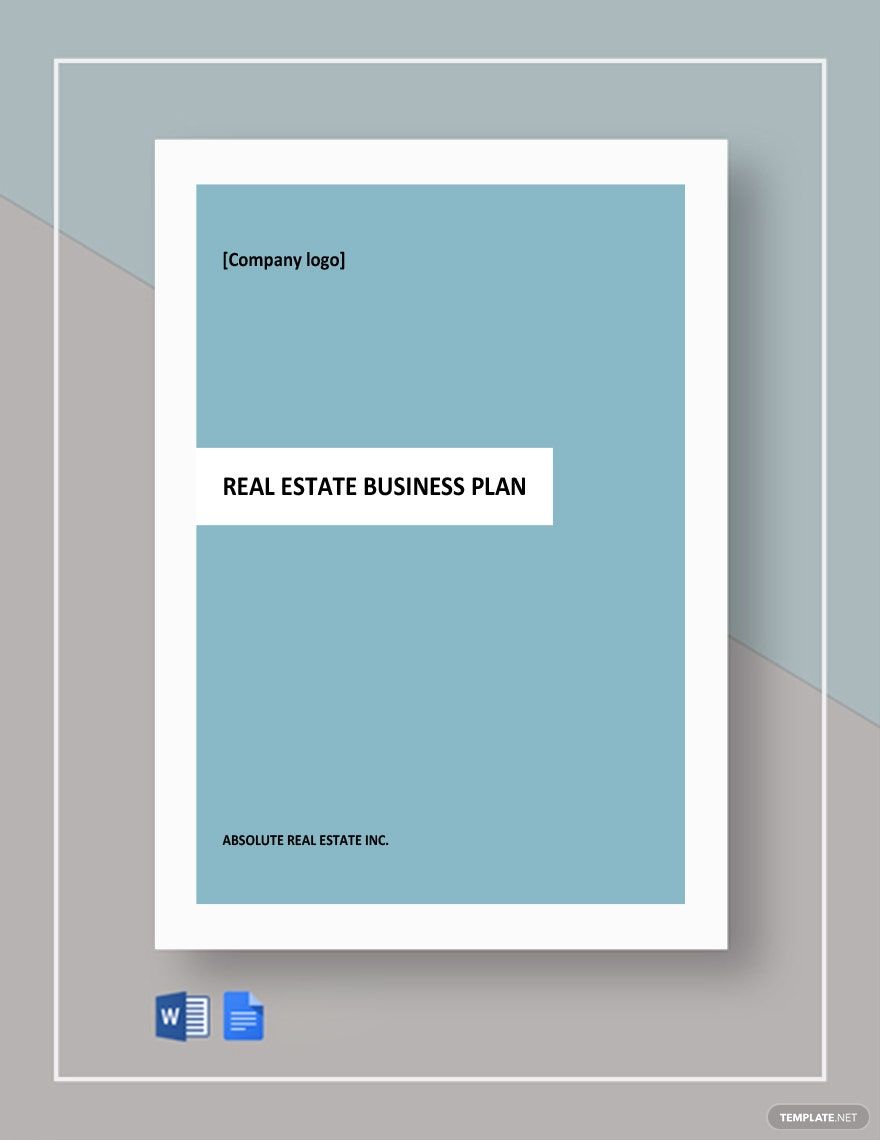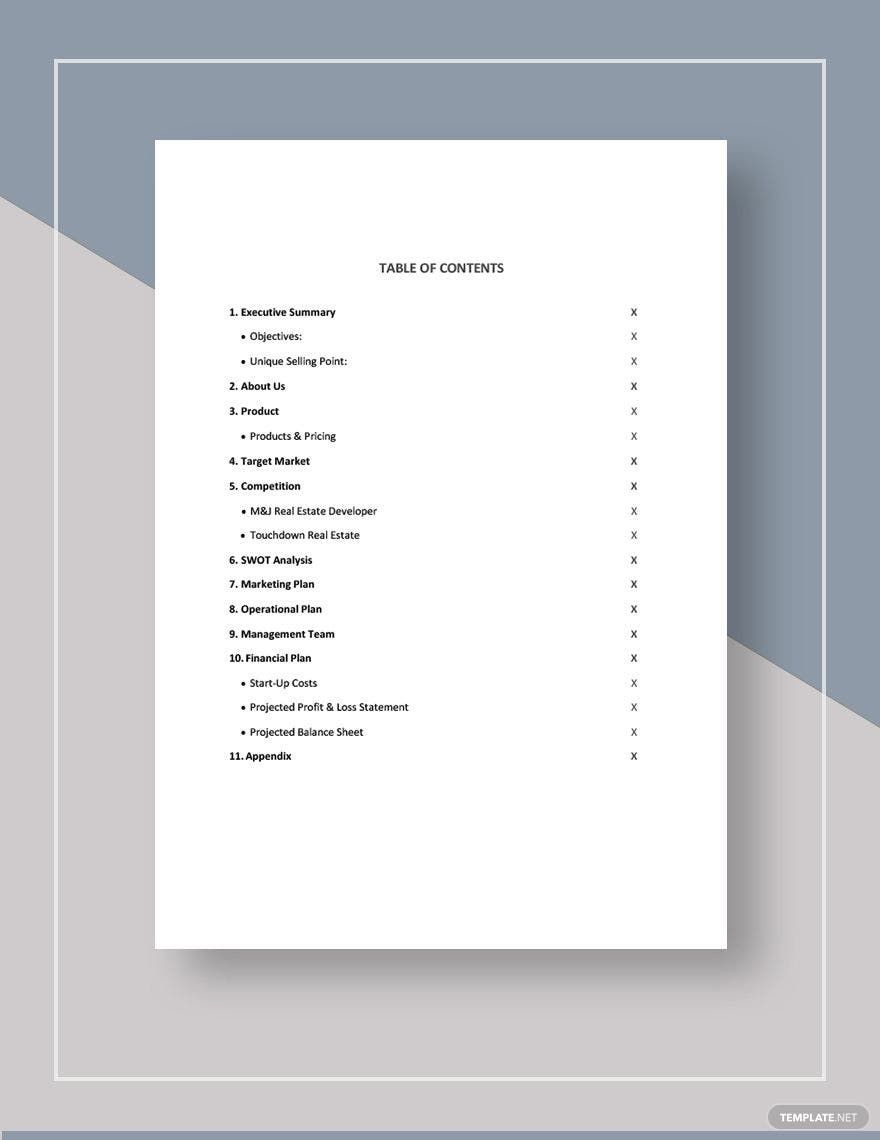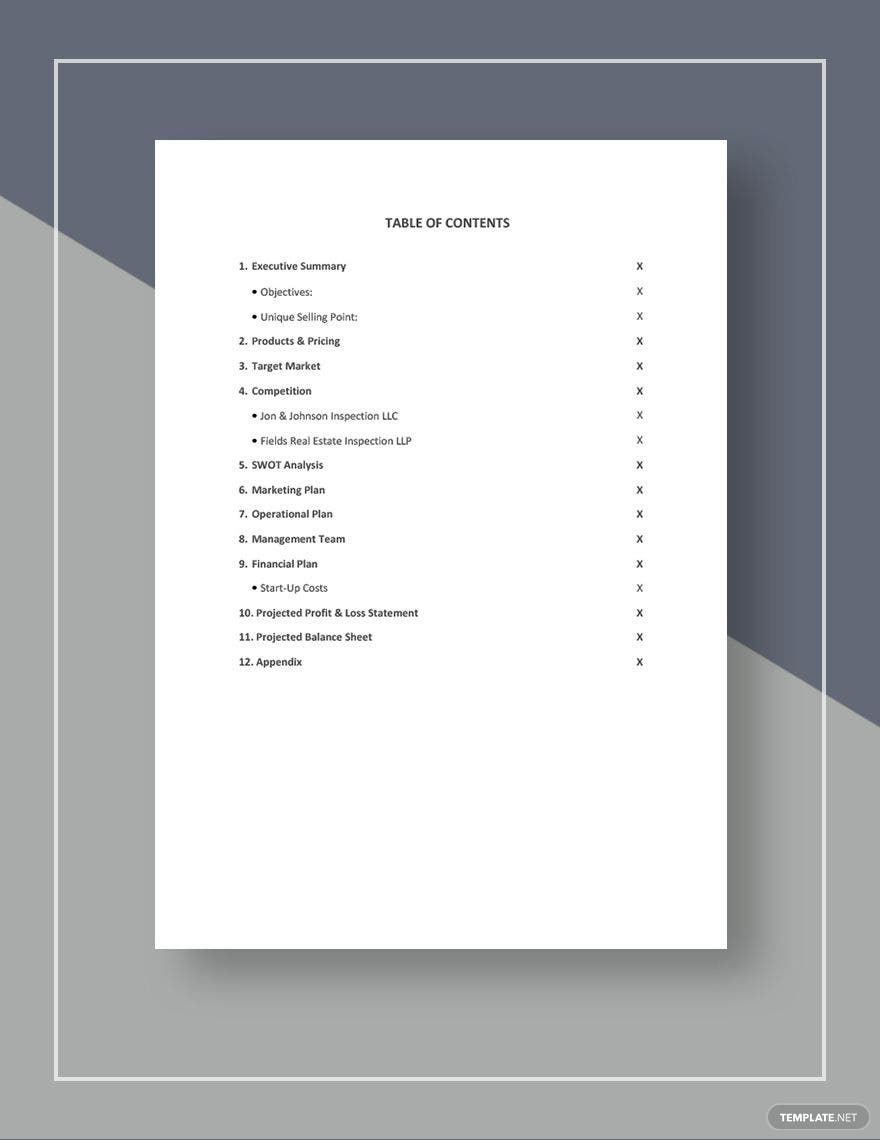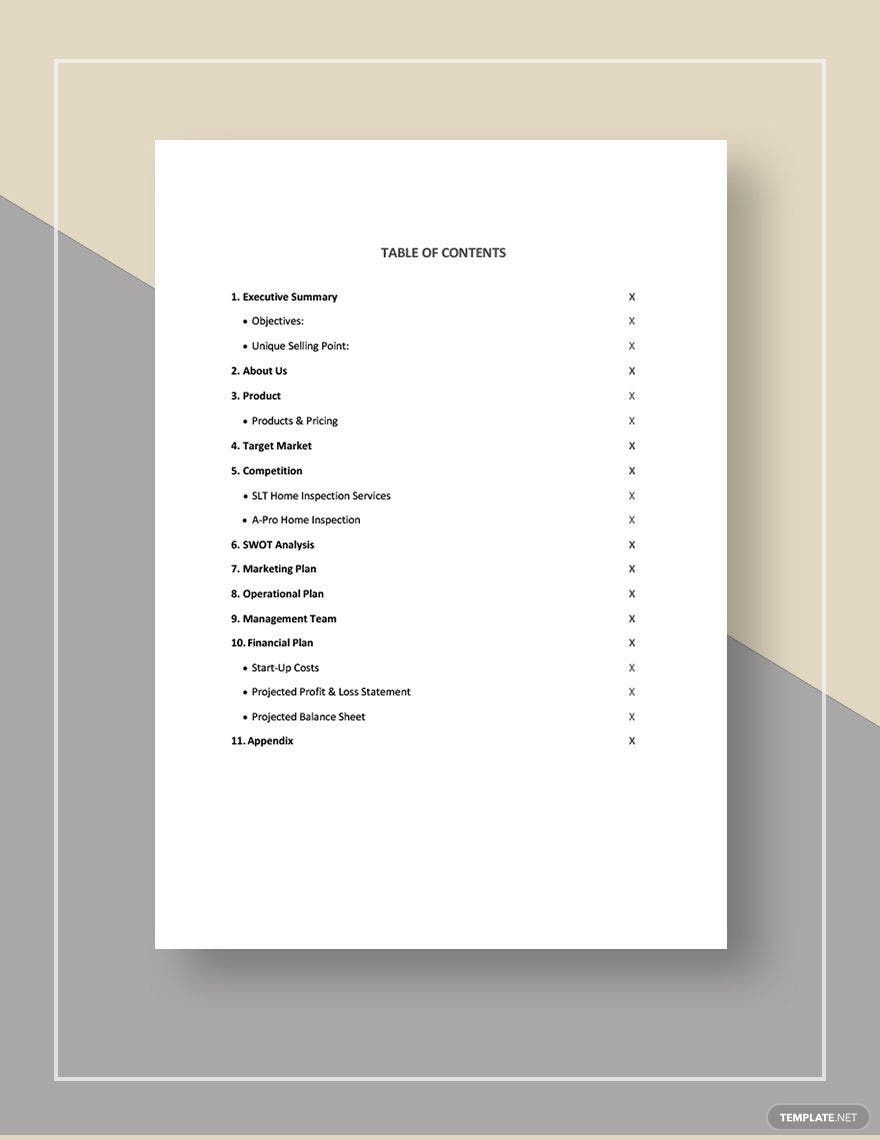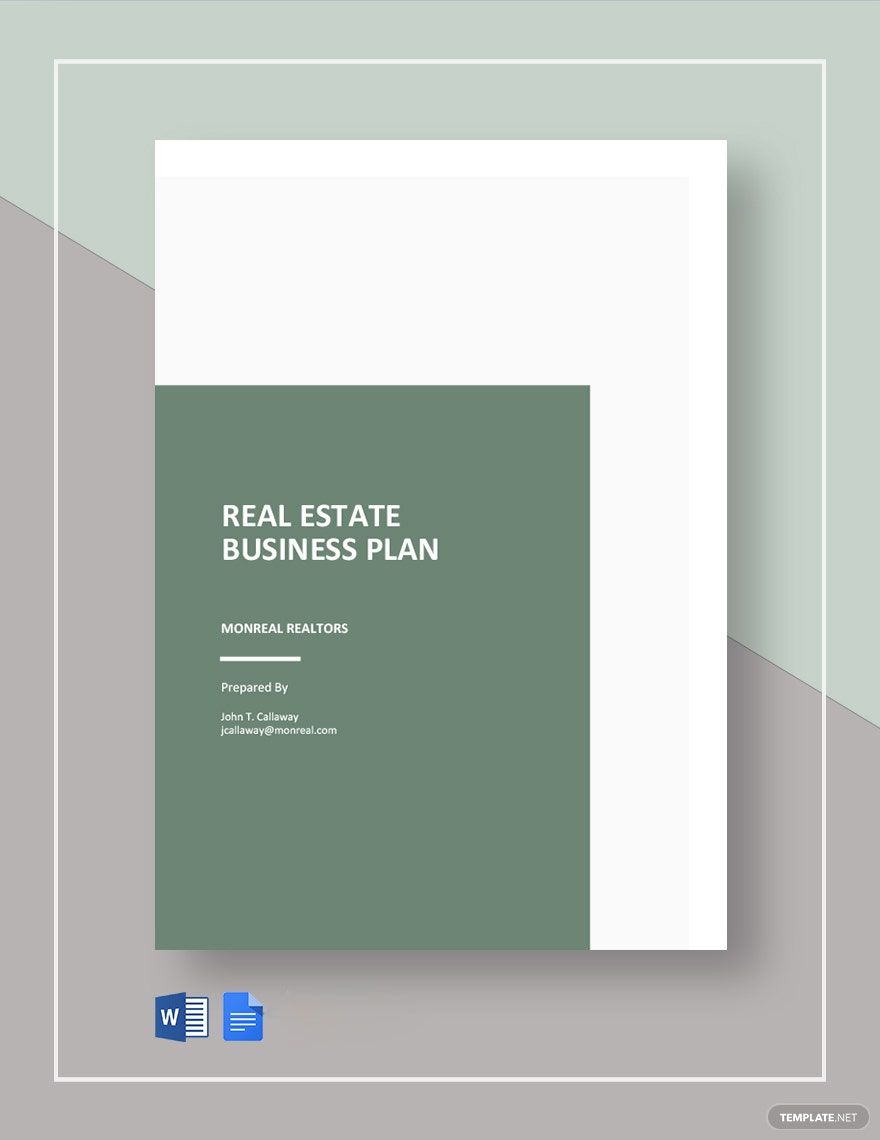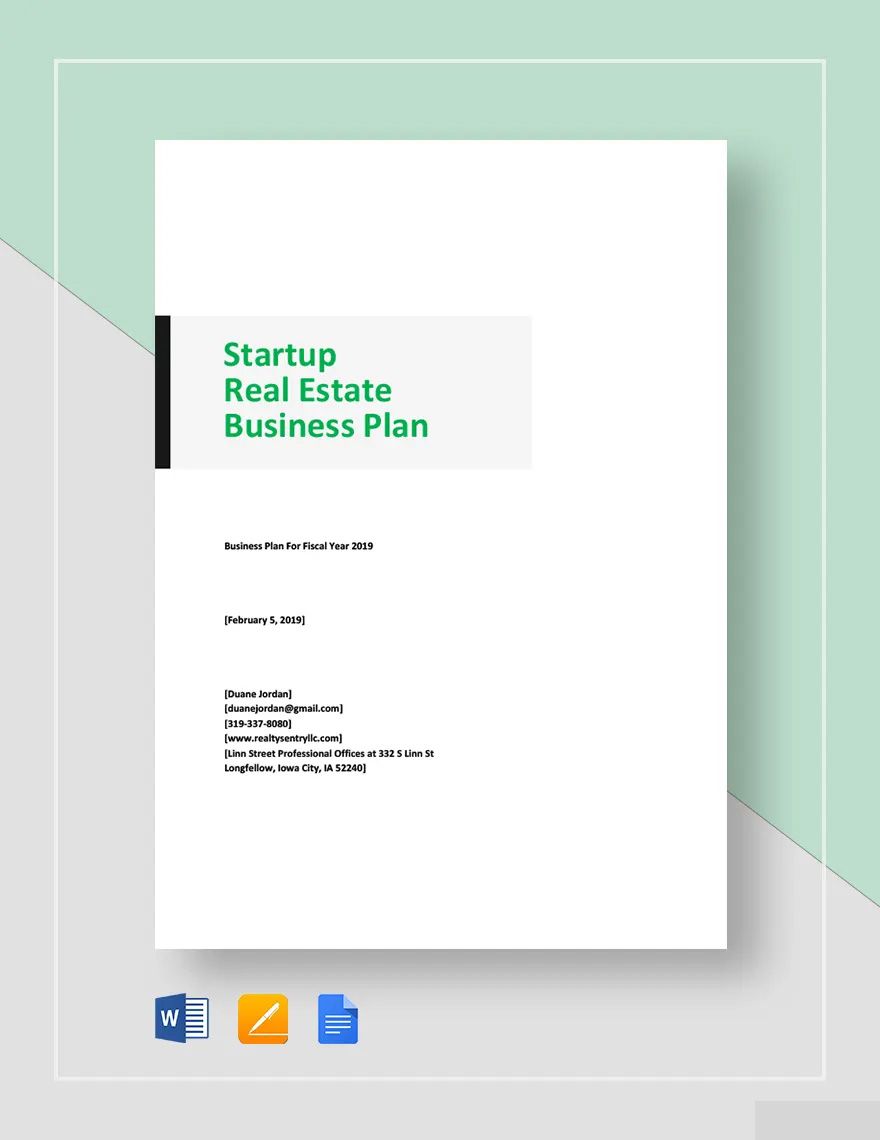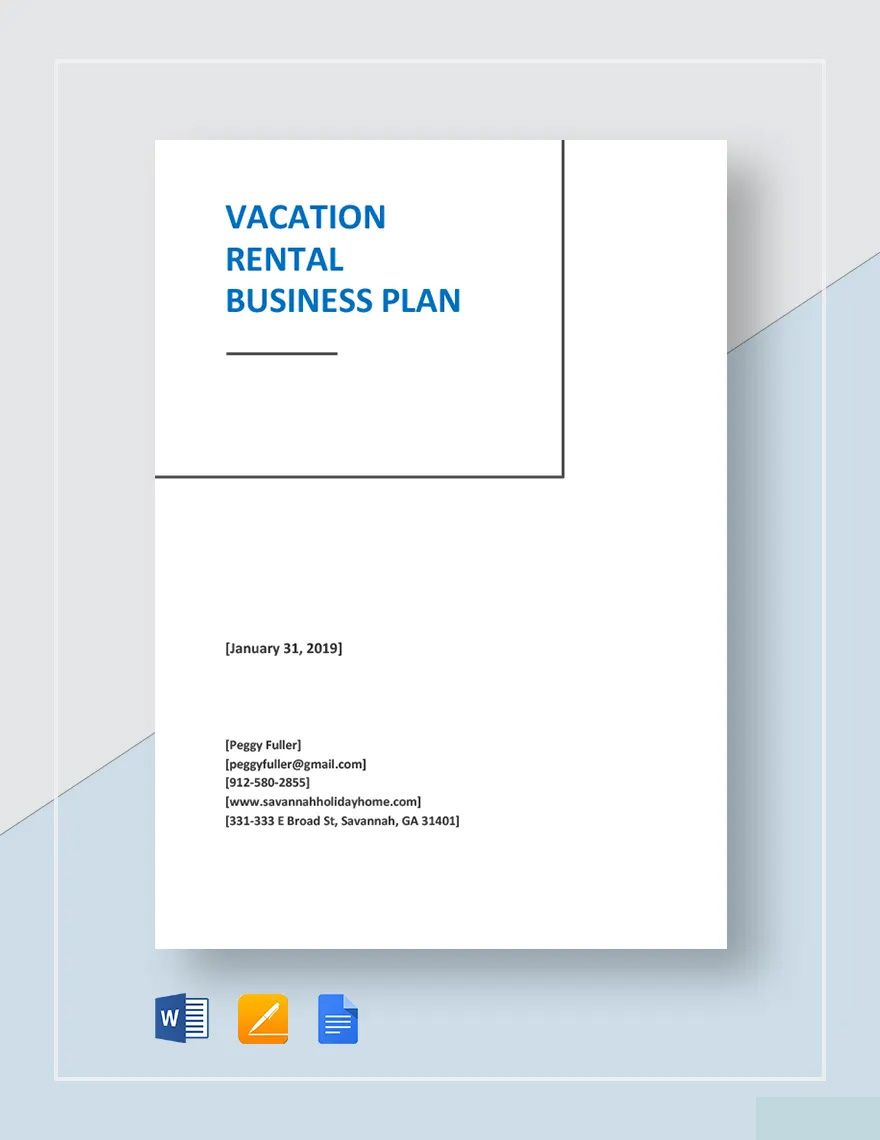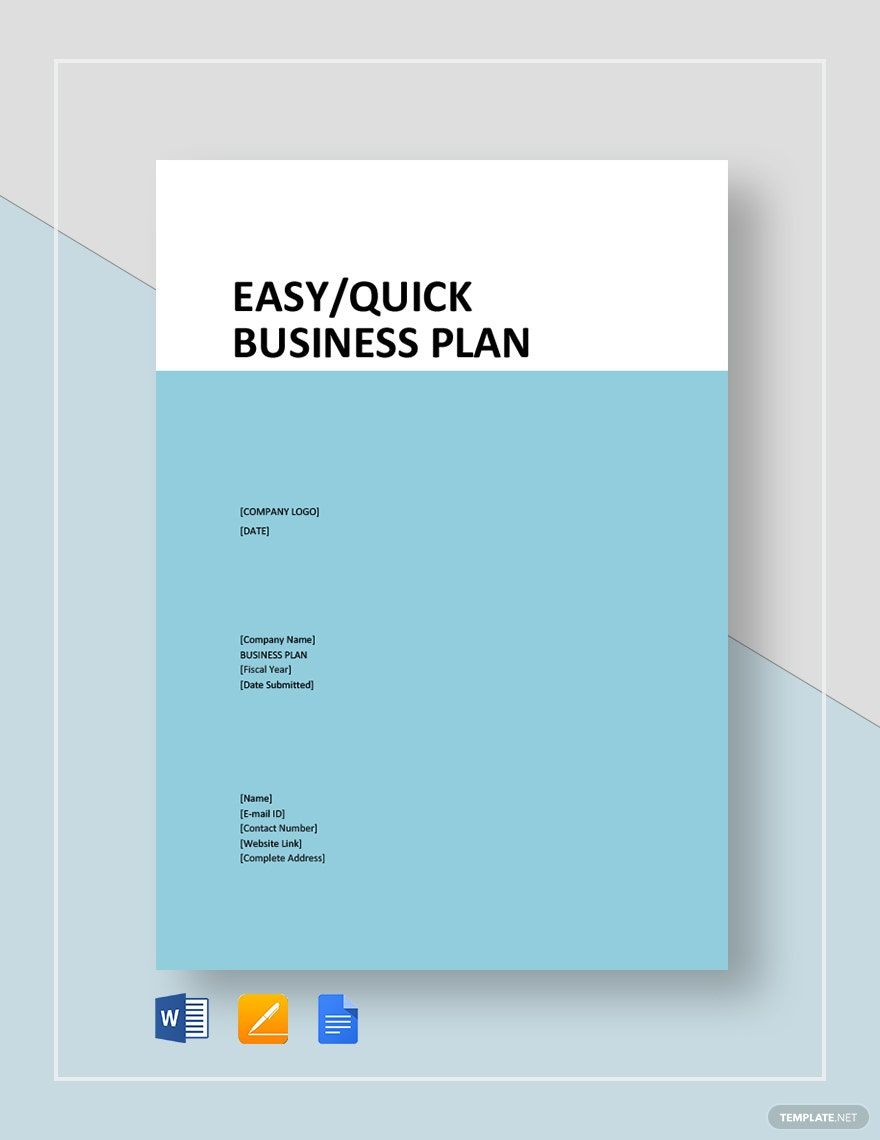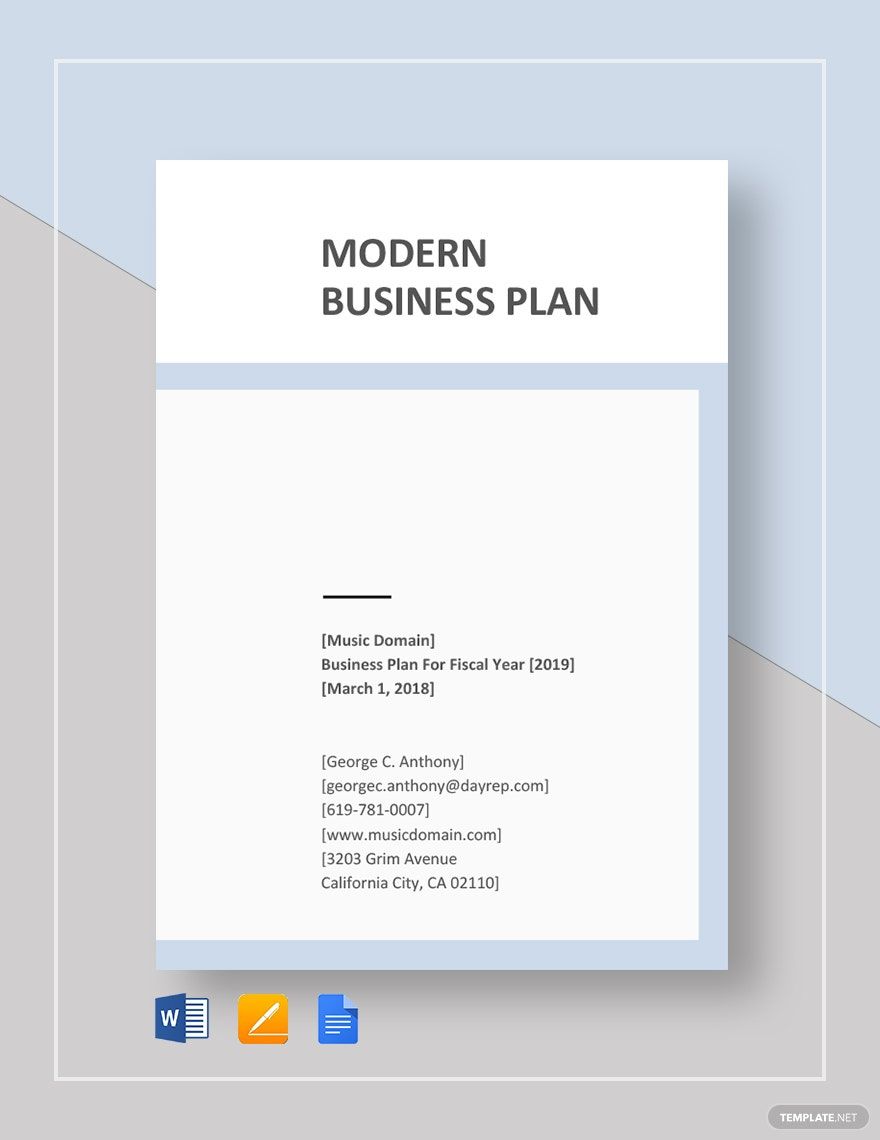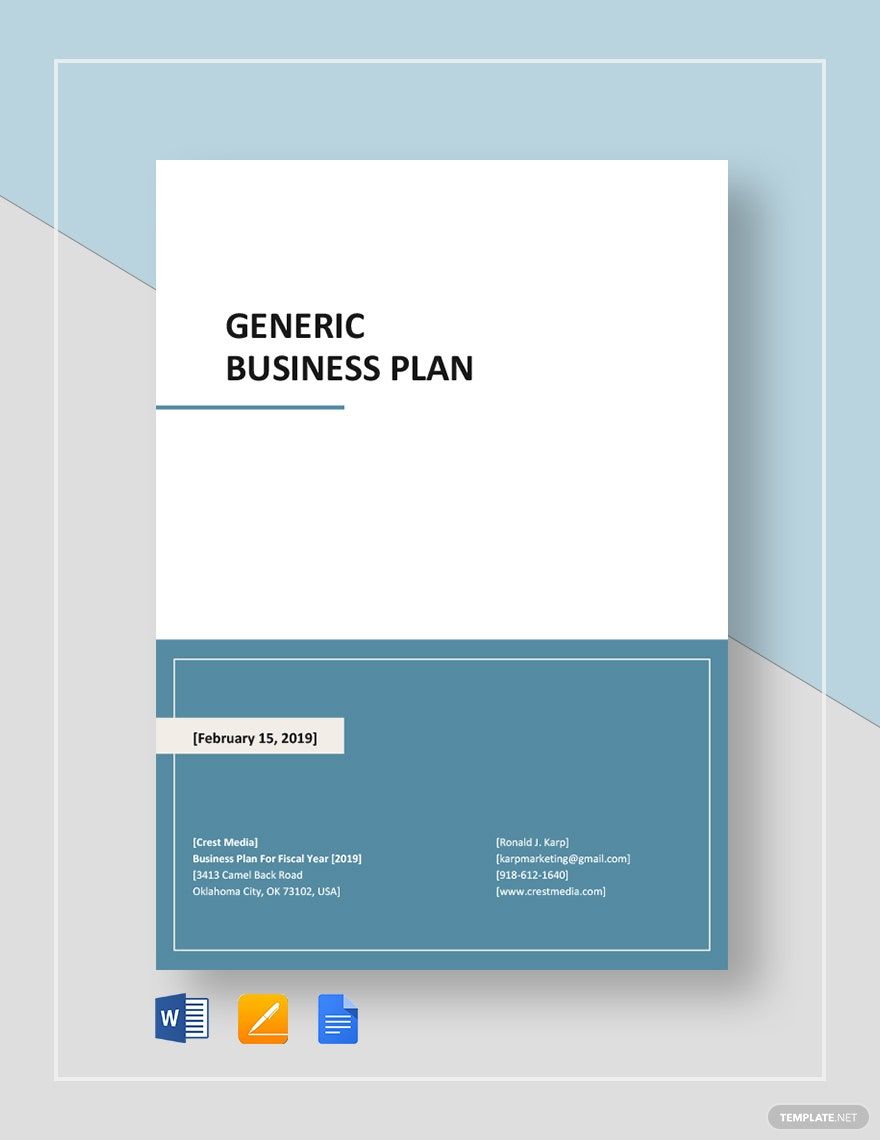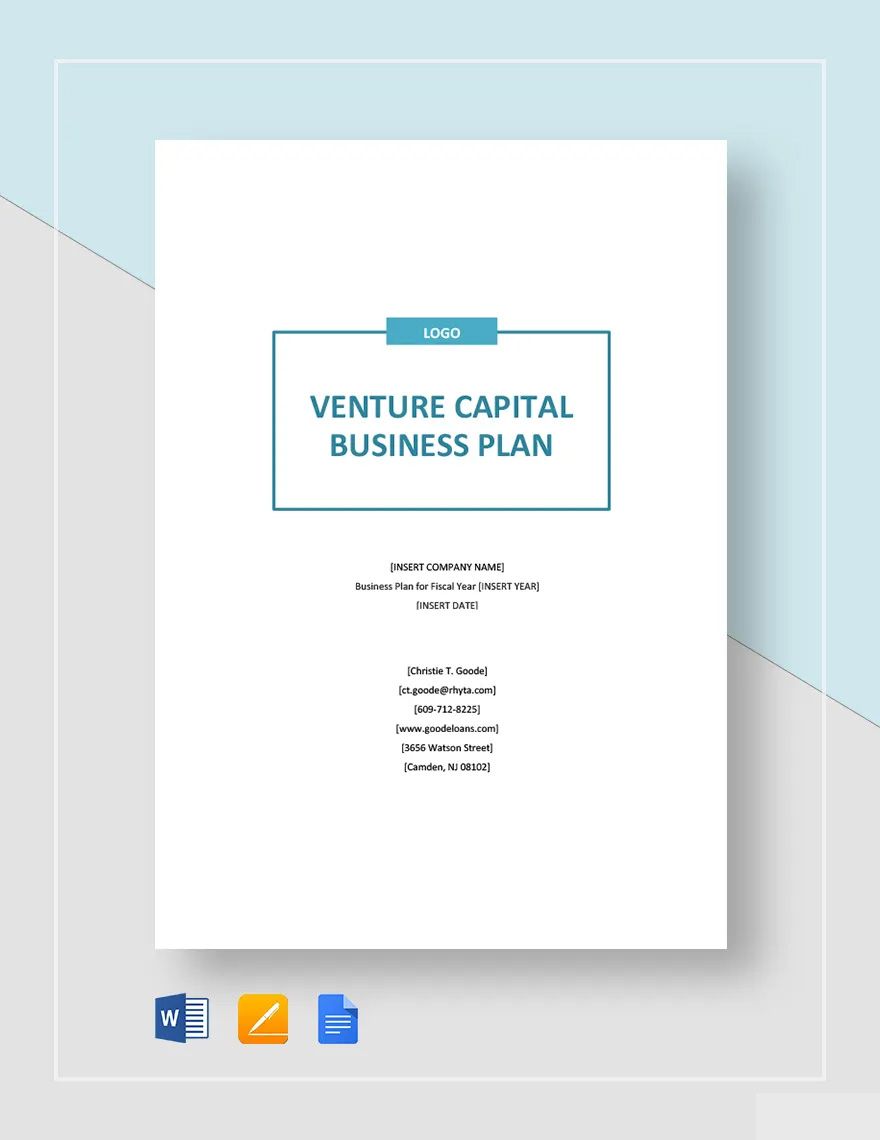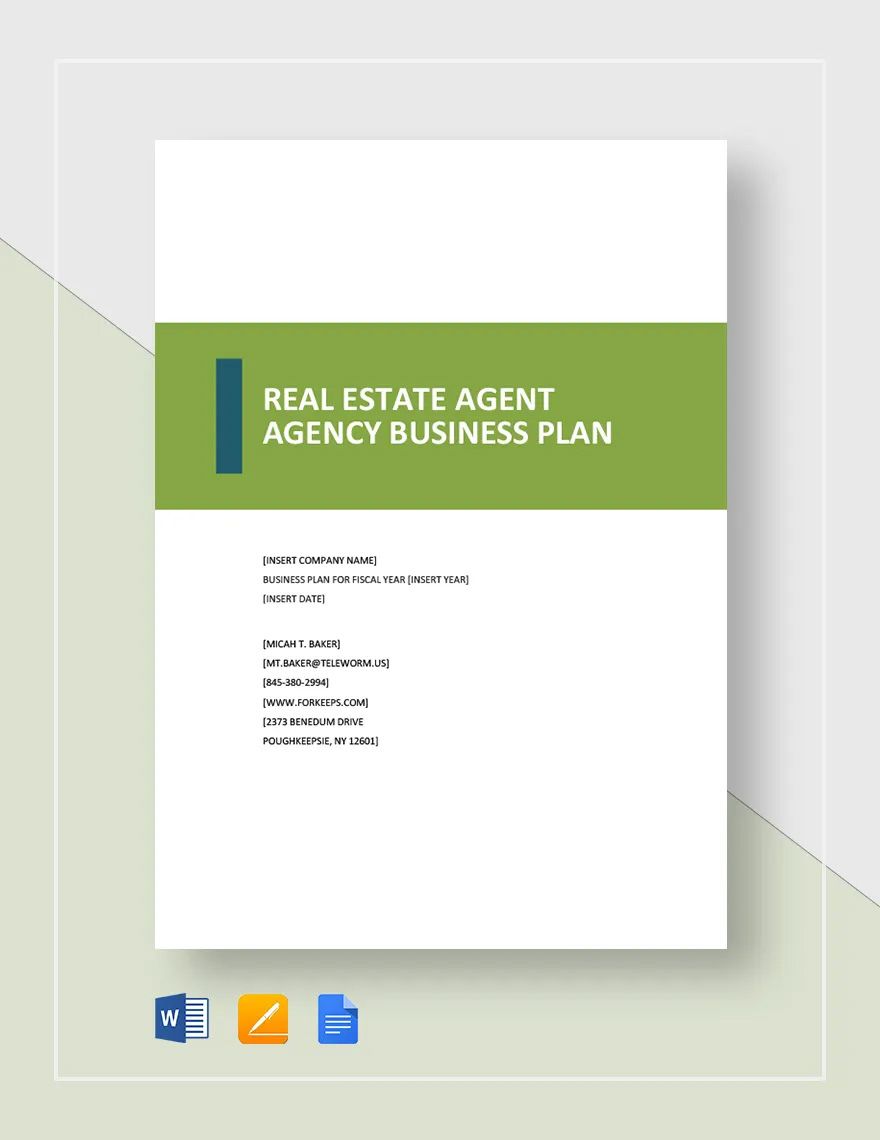Make Your Dream Real Estate Business Plan Come to Life with Real Estate Business Plan Templates from Template.net
Keep your real estate endeavors on track, engage potential investors, and streamline your planning process with ease using our Real Estate Business Plan Templates by Template.net. Whether you're an aspiring real estate mogul or an experienced realtor looking to expand your portfolio, these templates offer the perfect tool to help you articulate your vision and strategic plan. Effortlessly create a comprehensive blueprint to attract investors or set clear business goals with structured and professionally crafted templates. With pre-filled financial forecasts and SWOT analysis sections, you can save time and present data-driven insights that are sure to impress. No advanced design skills are required to make the most of these templates, which are ready-made for print or digital presentation, ensuring your plans are always professional-grade.
Discover the many Real Estate Business Plan Templates we have on hand at Template.net. Begin by selecting a layout that resonates with your business ethos, then personalize it by swapping in your content, changing colors to match your brand palette, and adjusting fonts for style. Drag-and-drop icons and graphics make it simple to add professional flair, while AI-powered text tools can help you craft compelling narratives. The possibilities are endless, allowing you to bring your ideas to life without the need for graphic design skills. Plus, our library is regularly updated with fresh templates, so you're always equipped with modern, dynamic options. When you're finished, you can download your plan as a PDF or share it instantly via email, ensuring easy collaboration across multiple channels.

